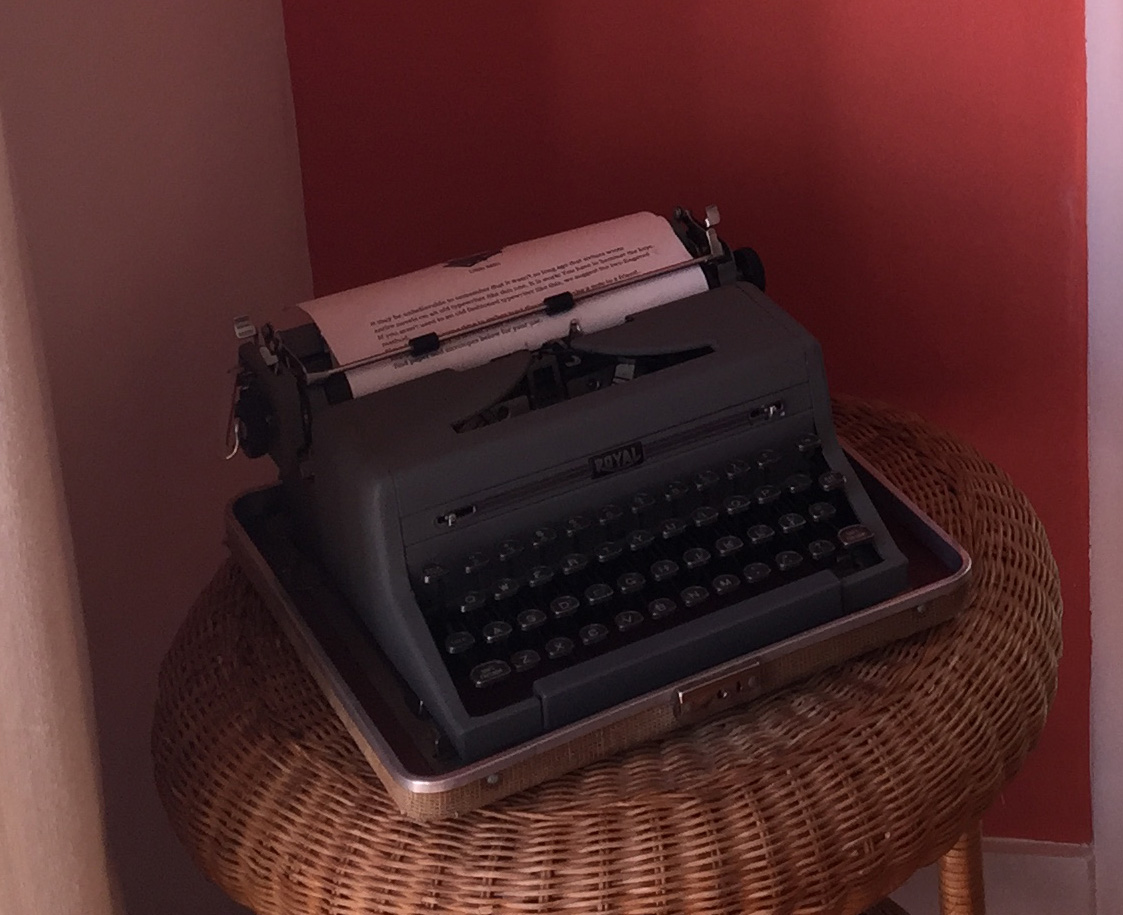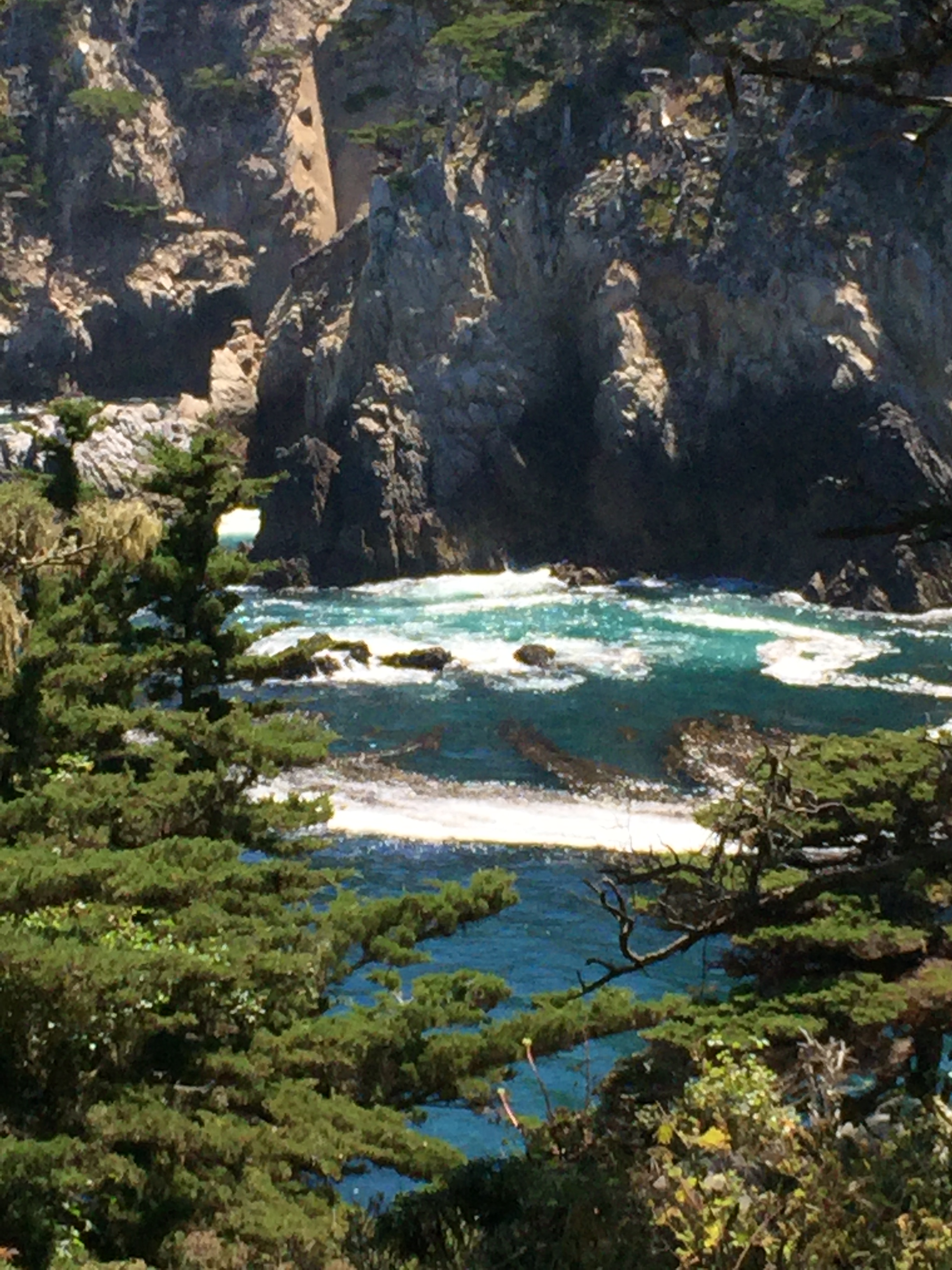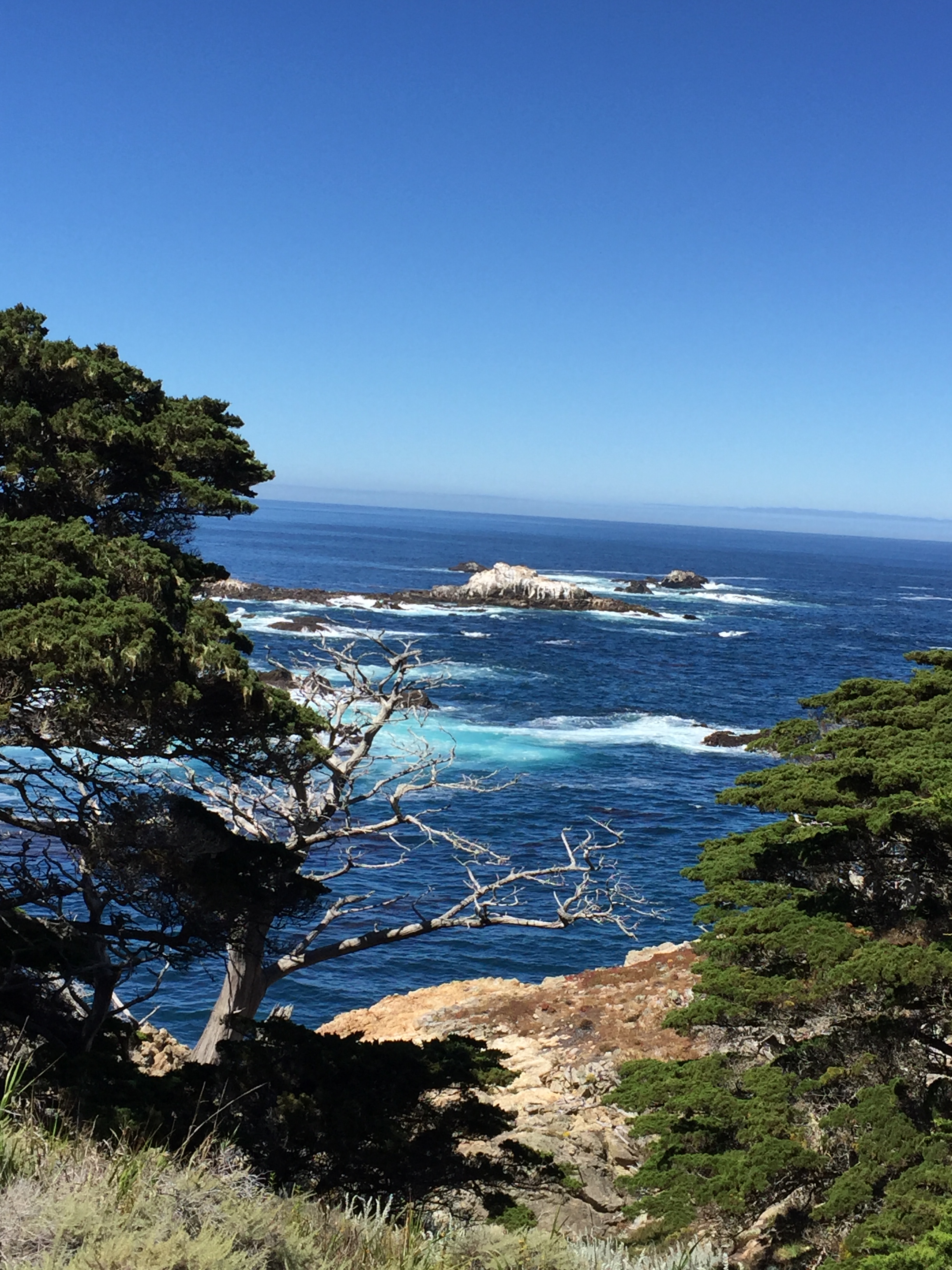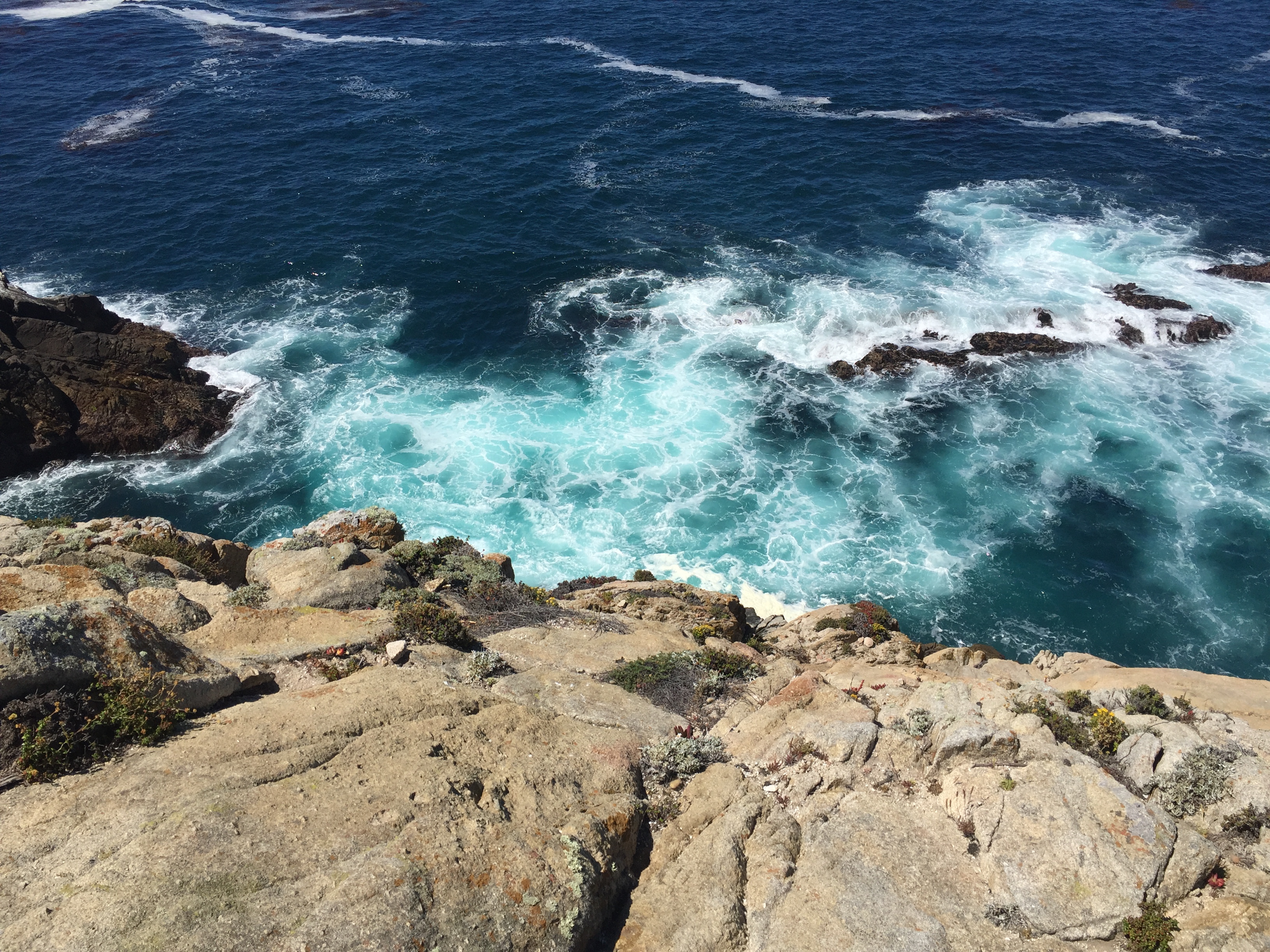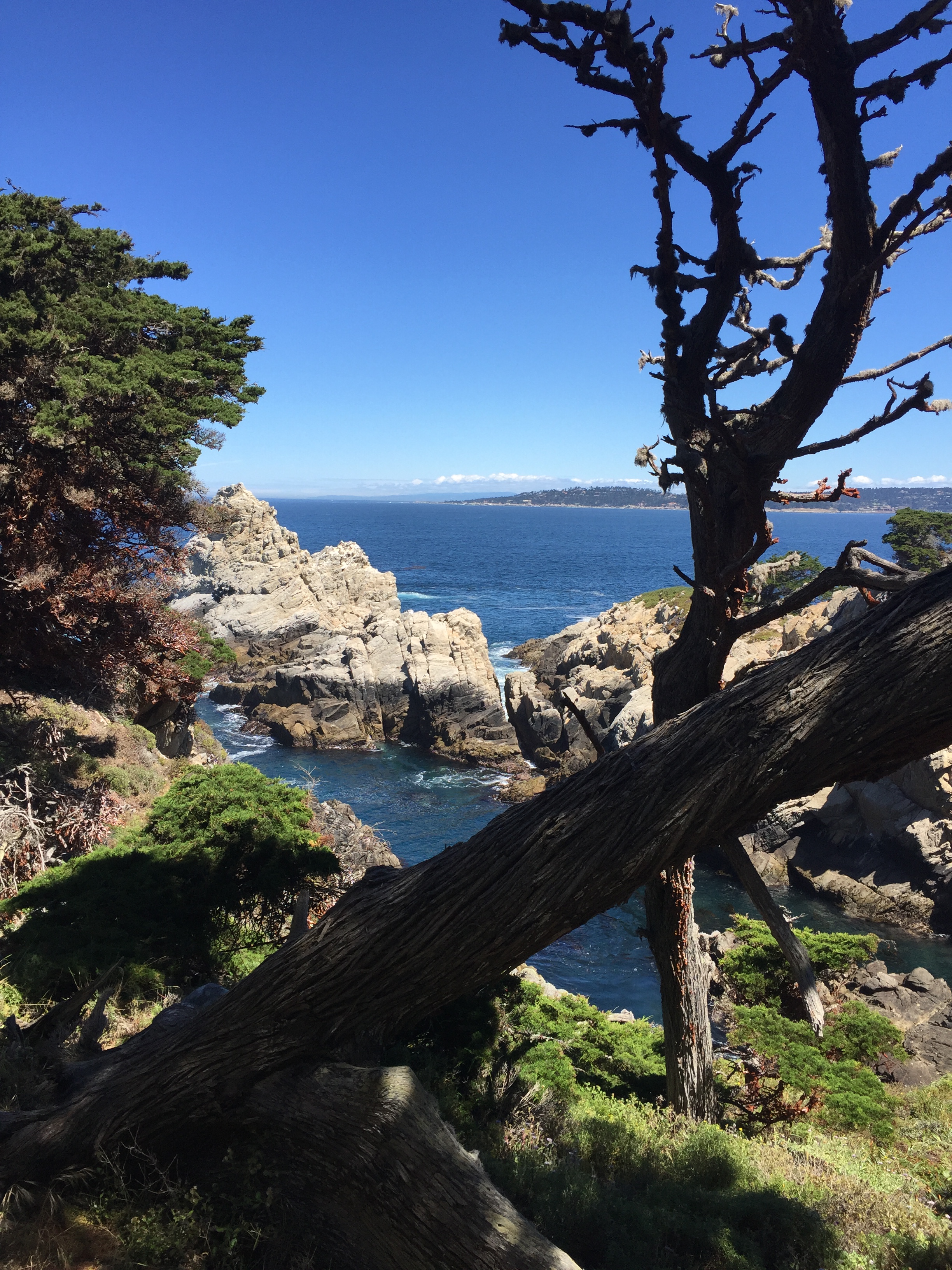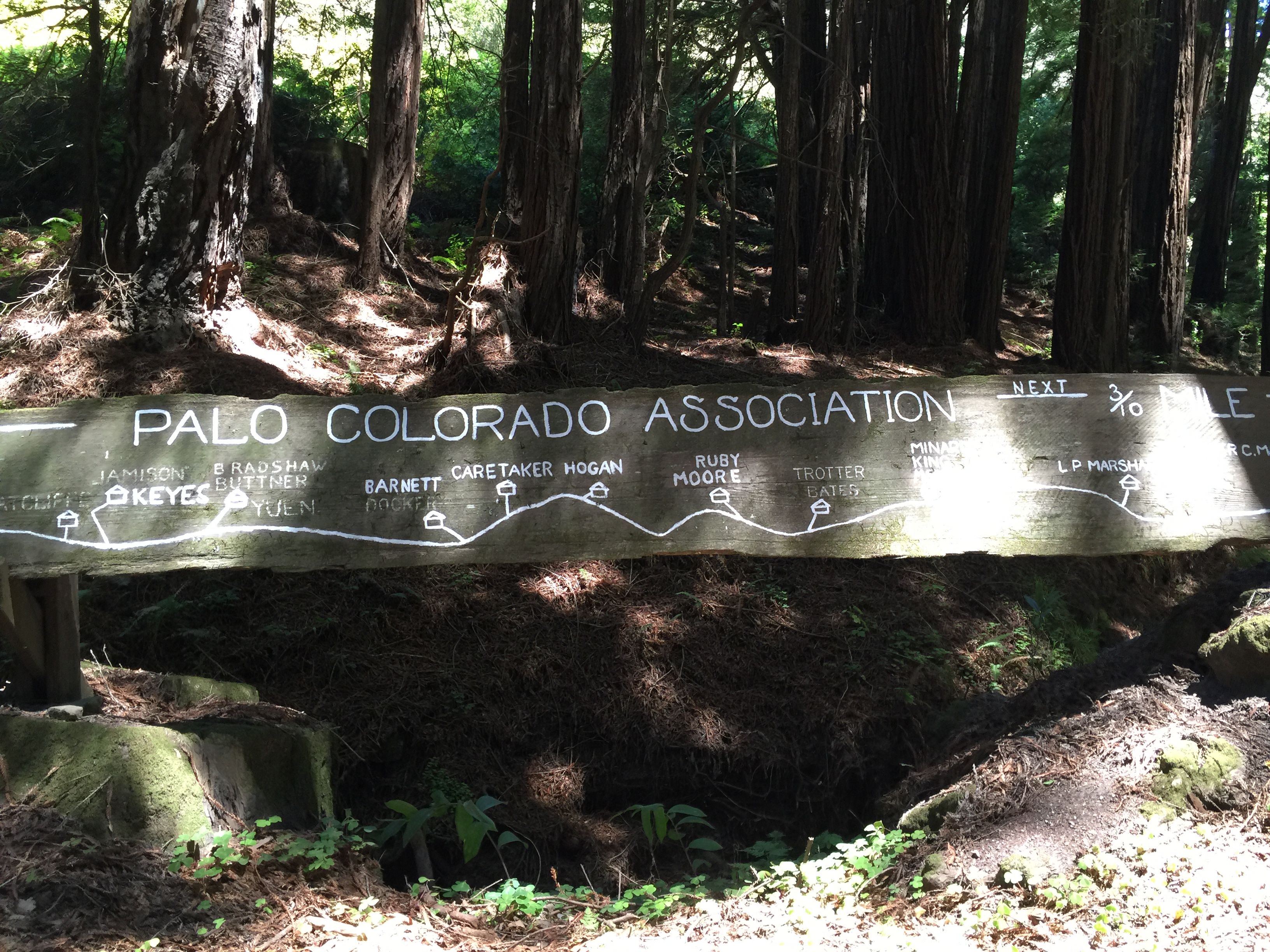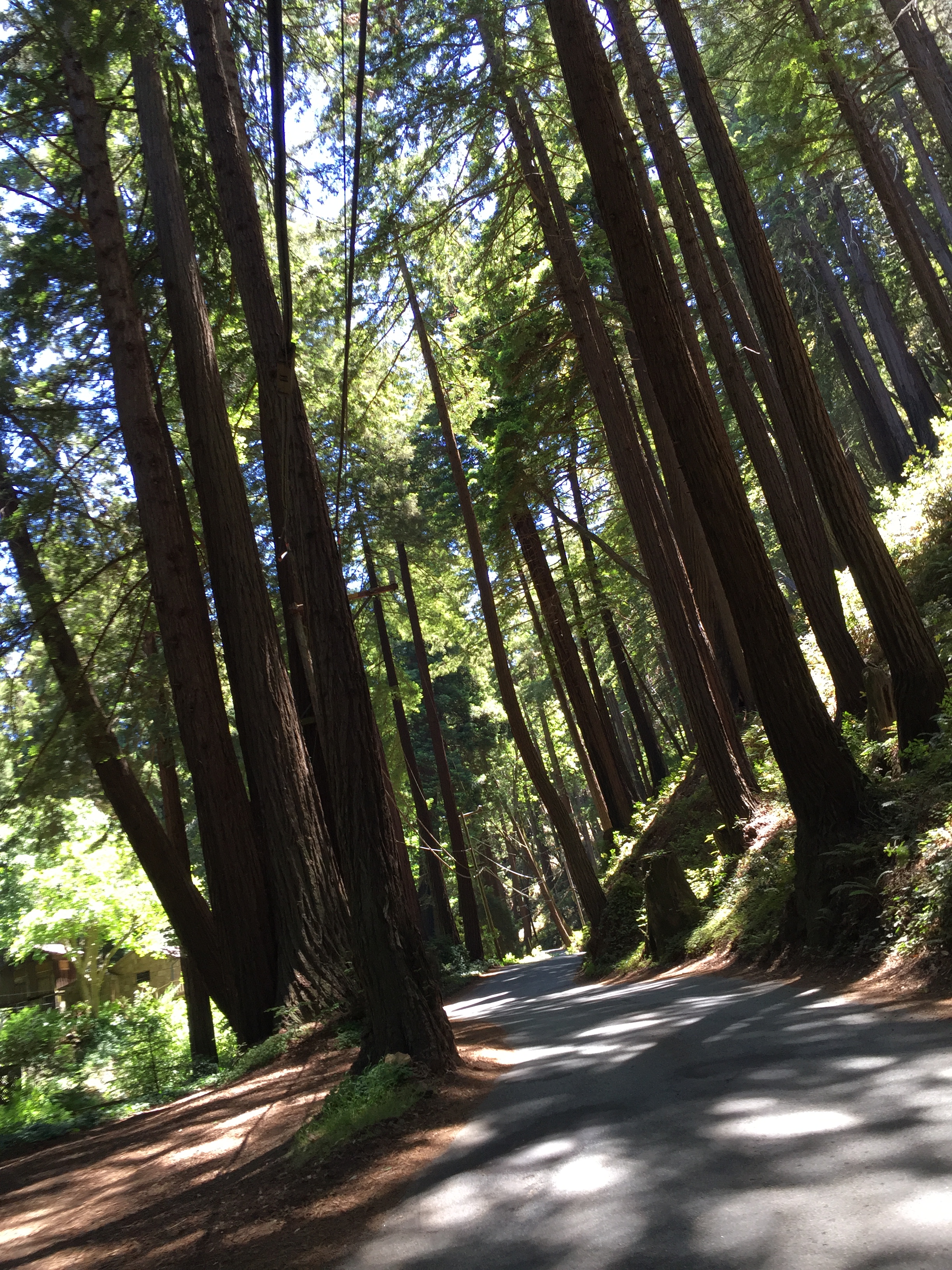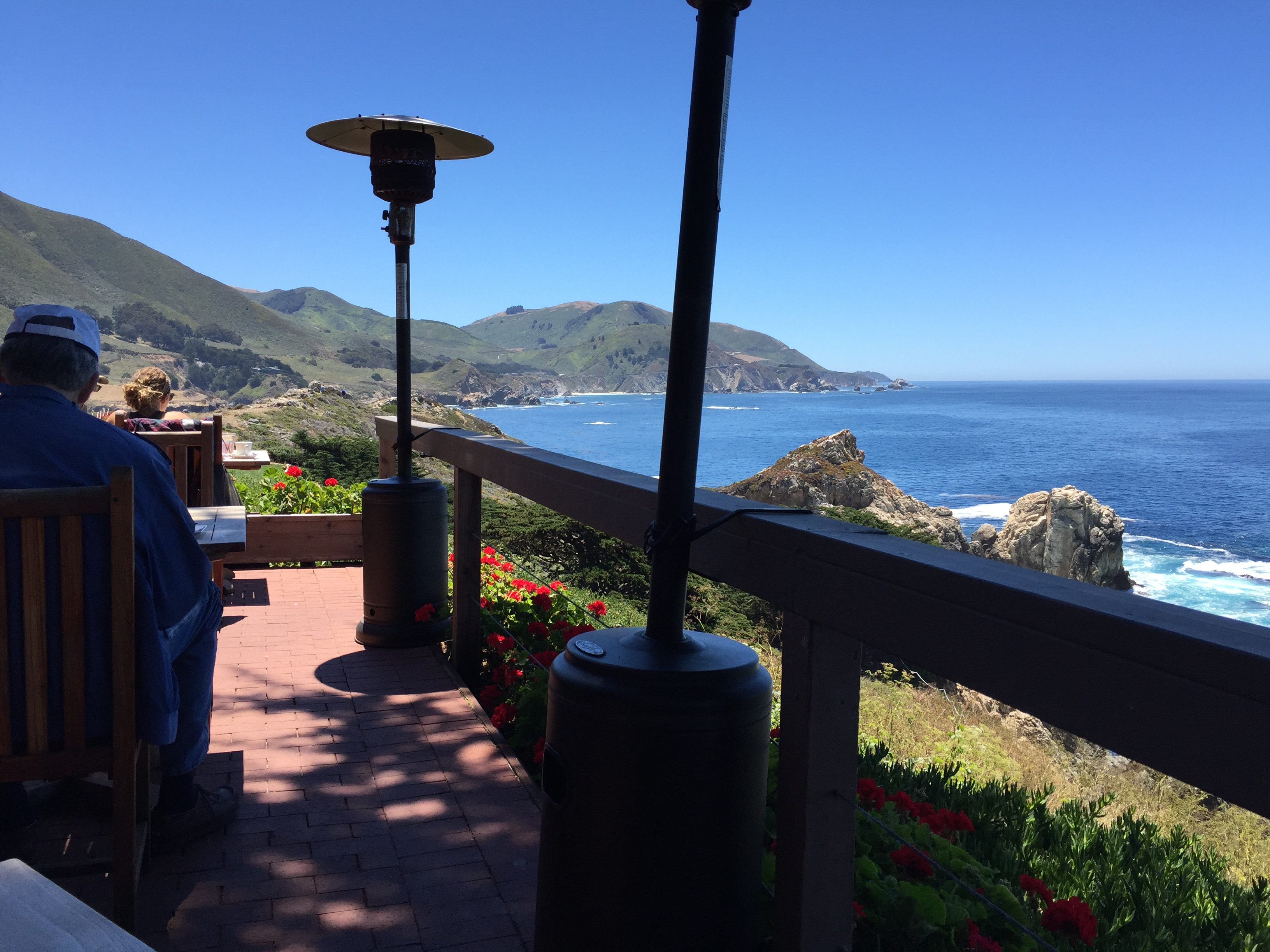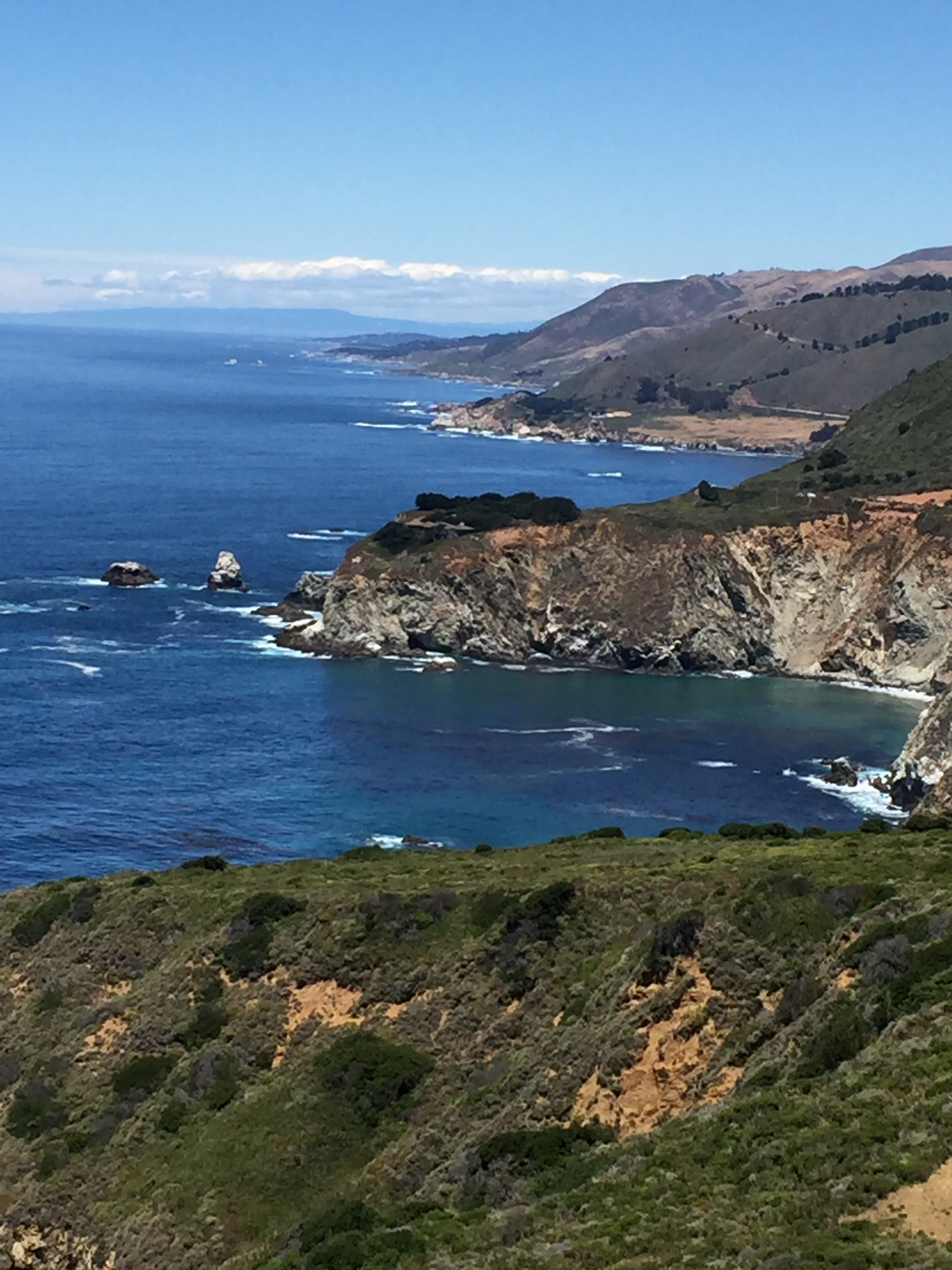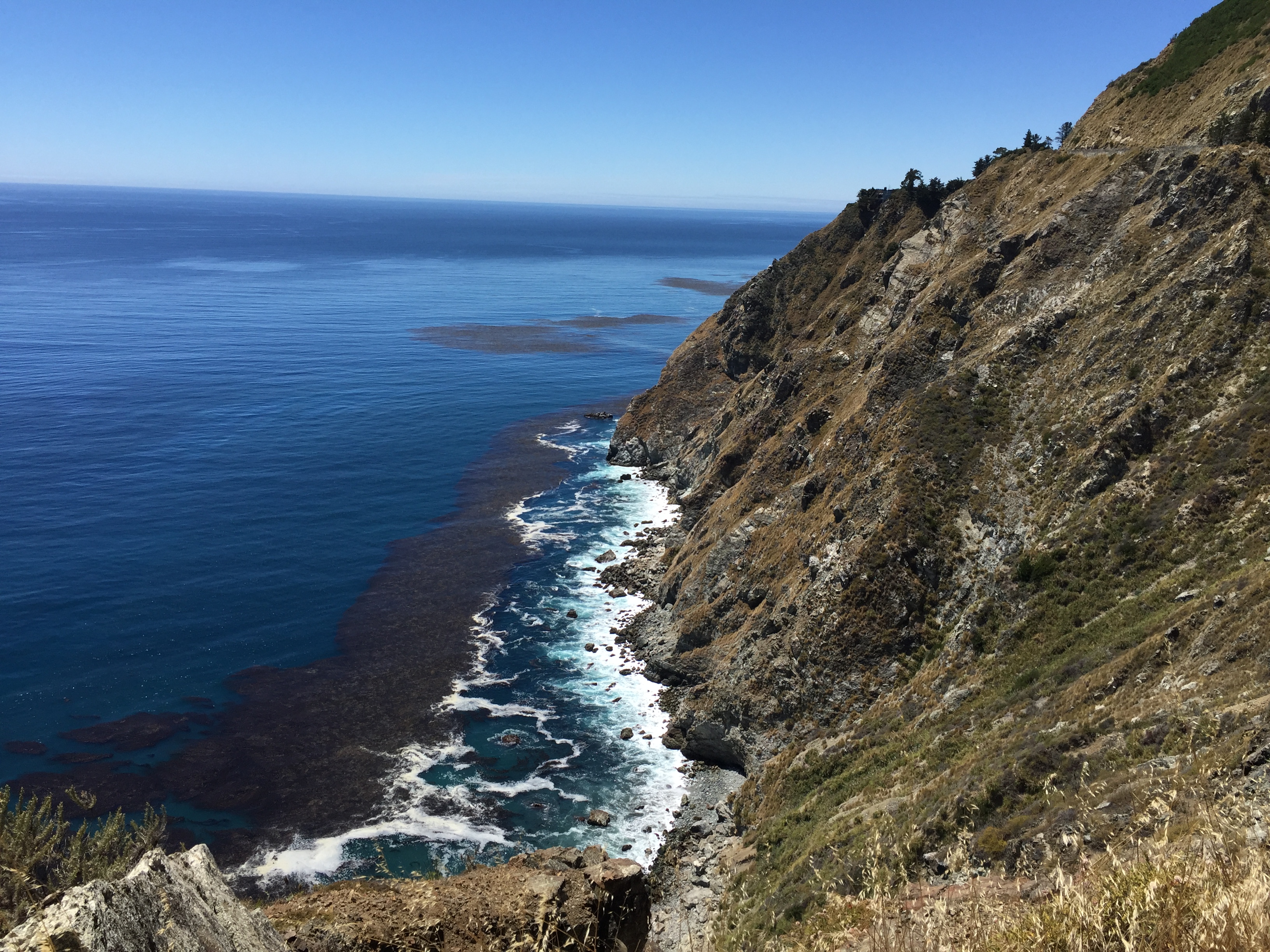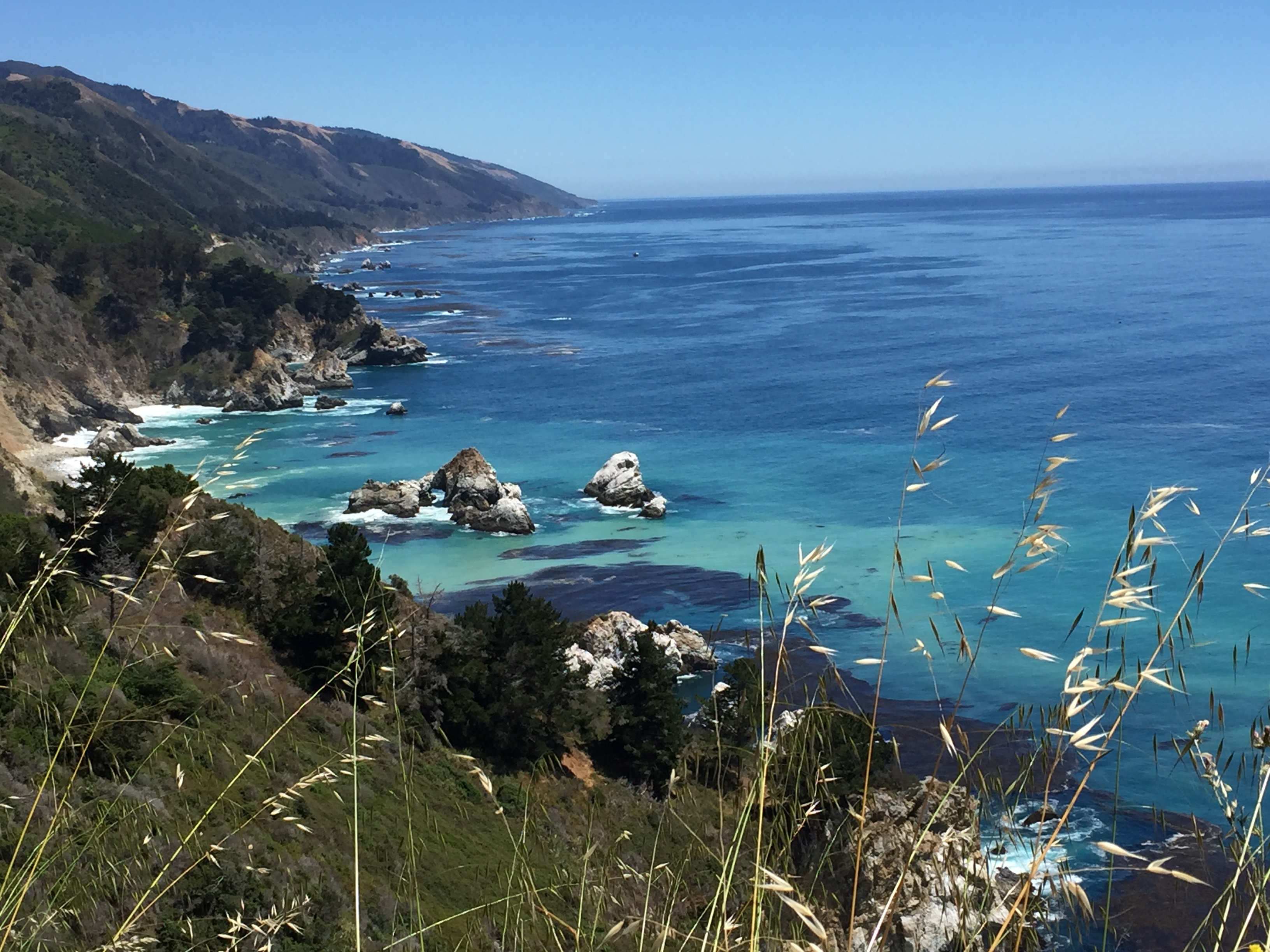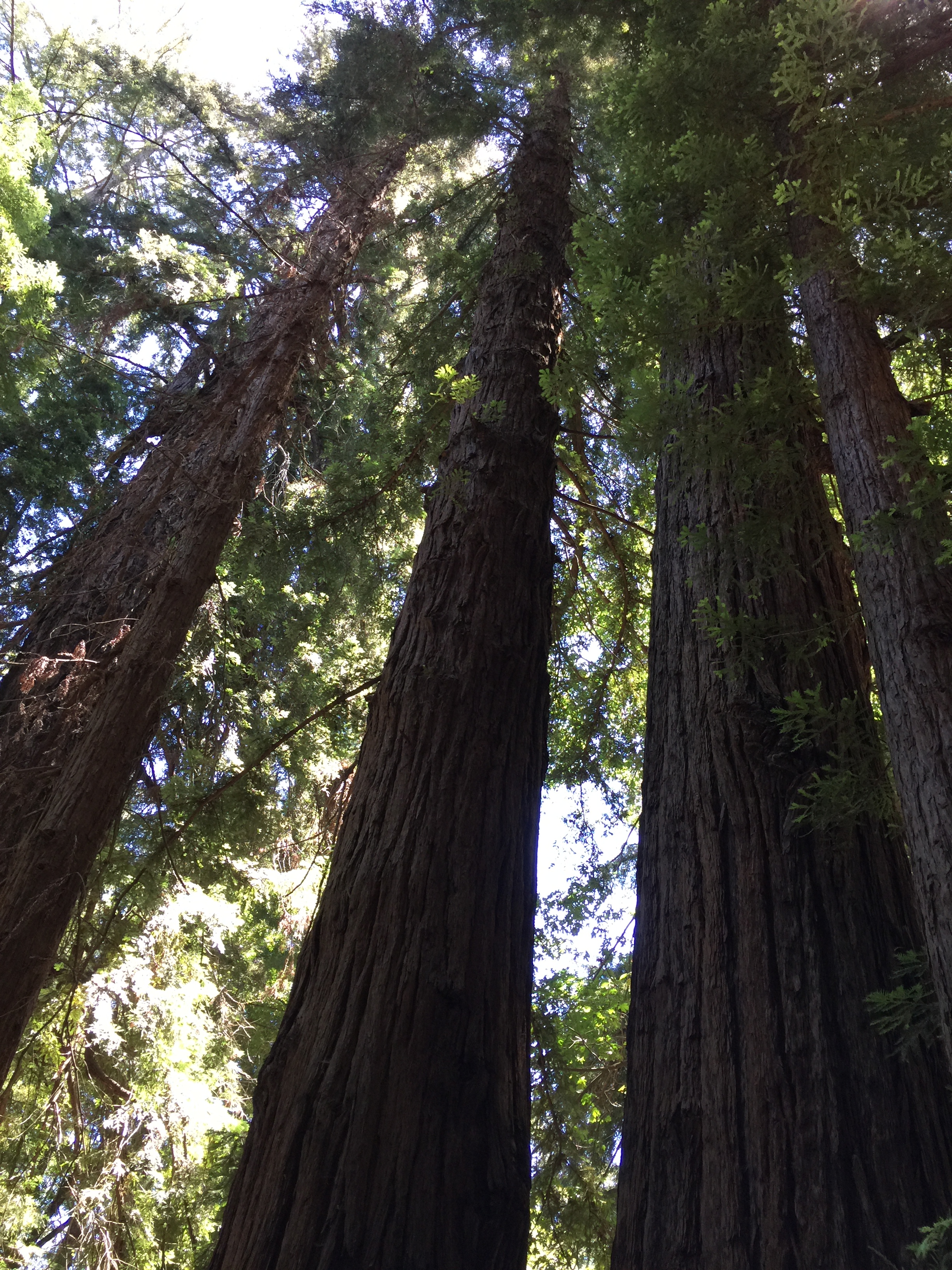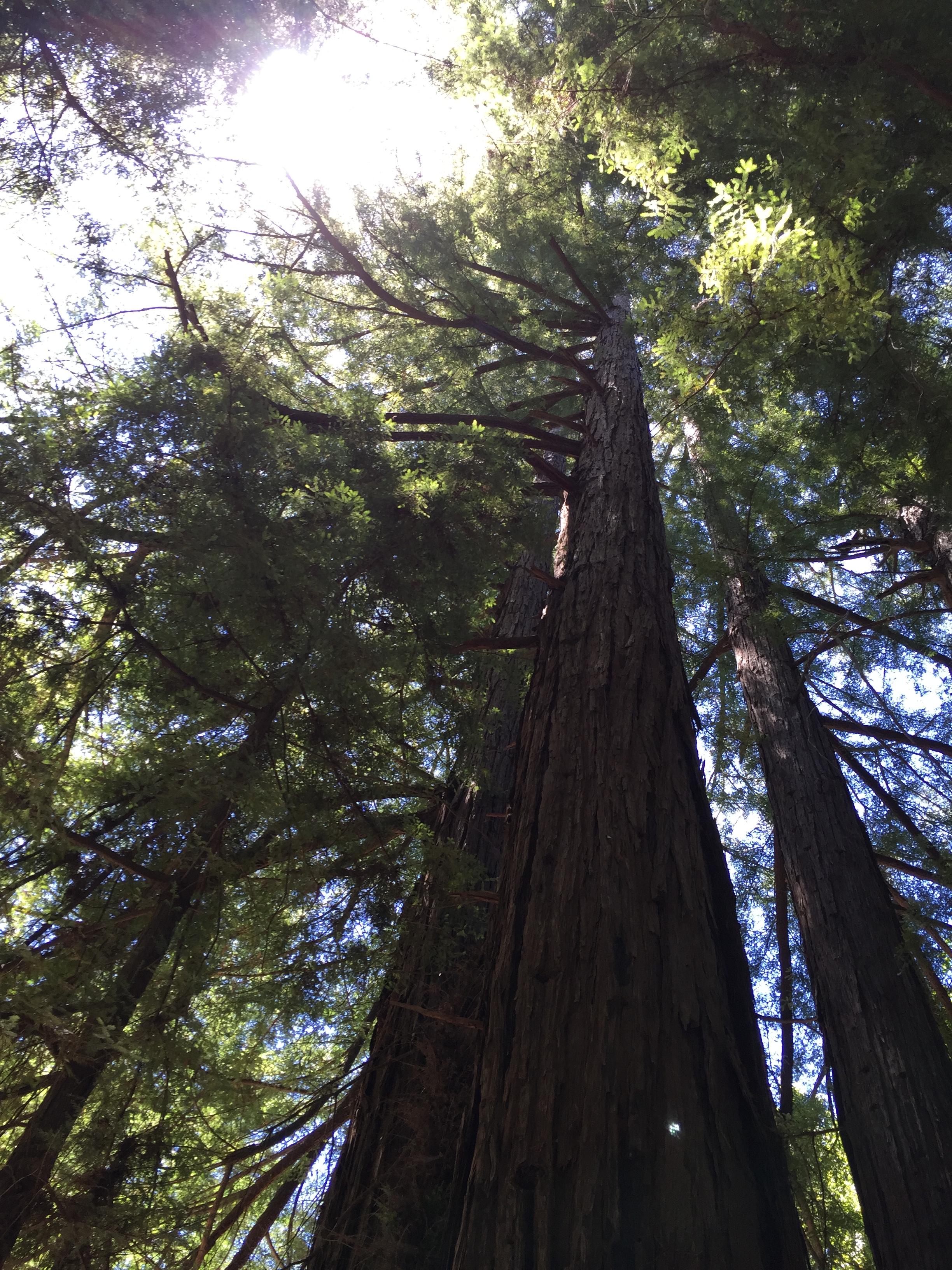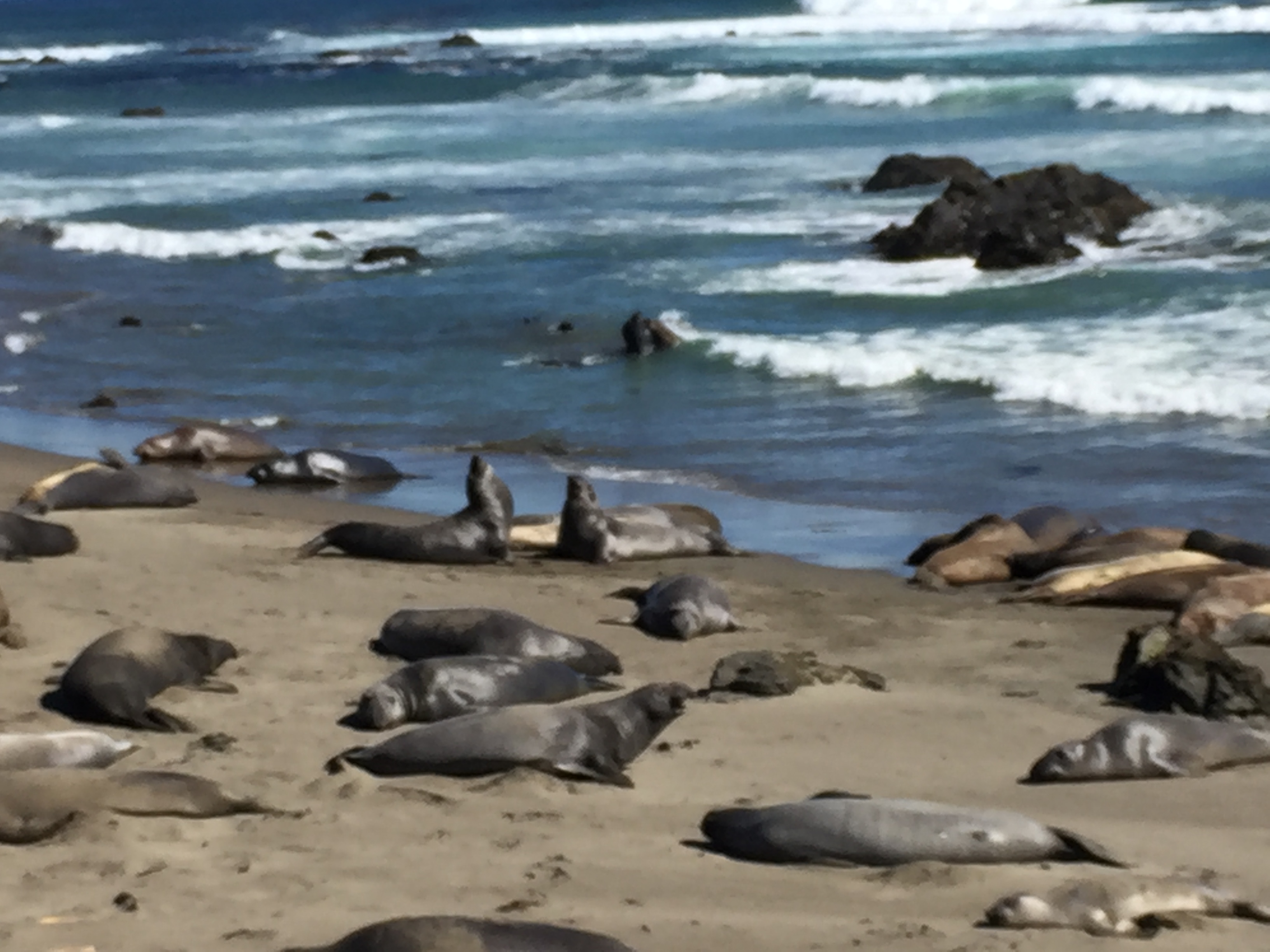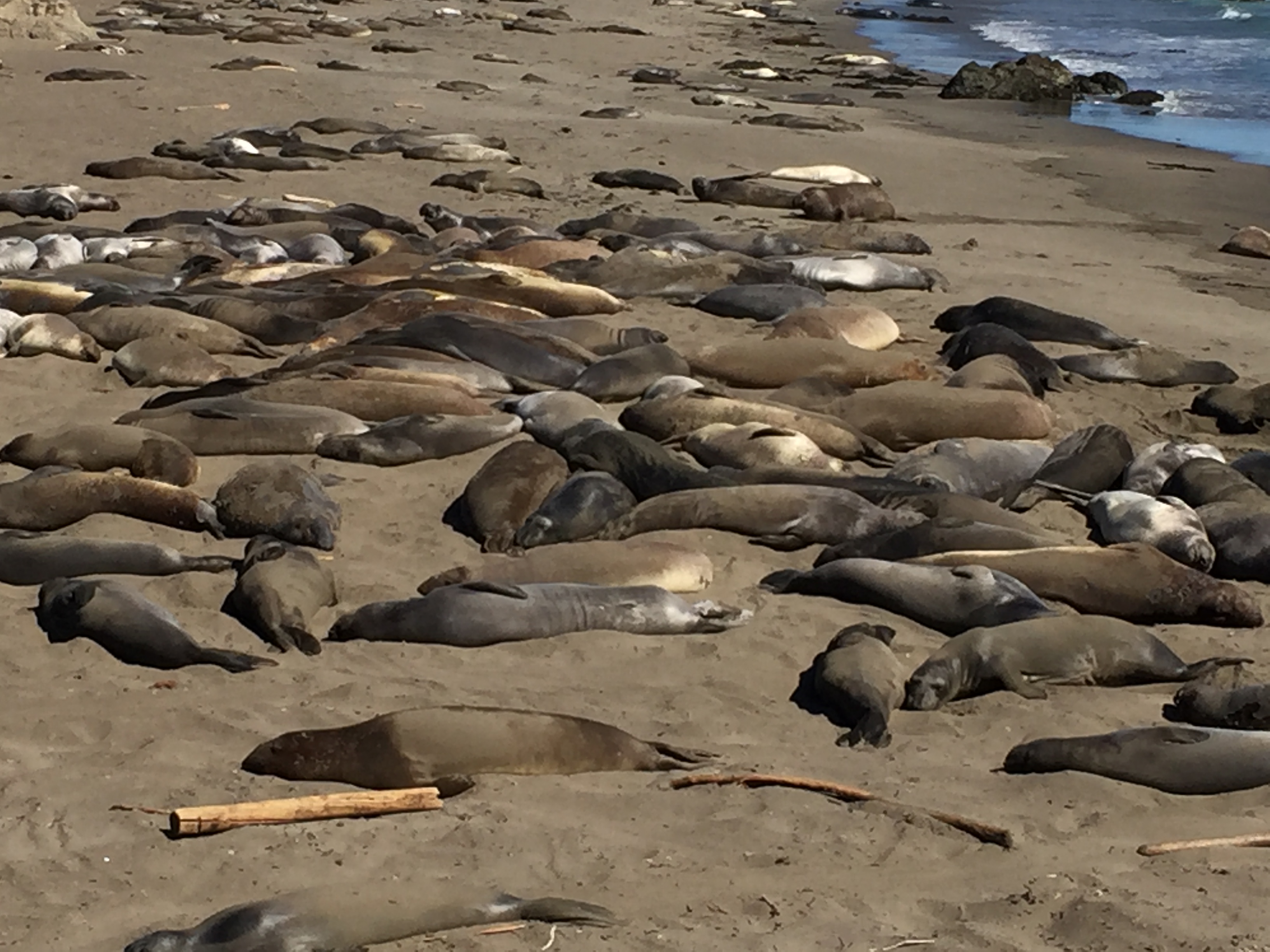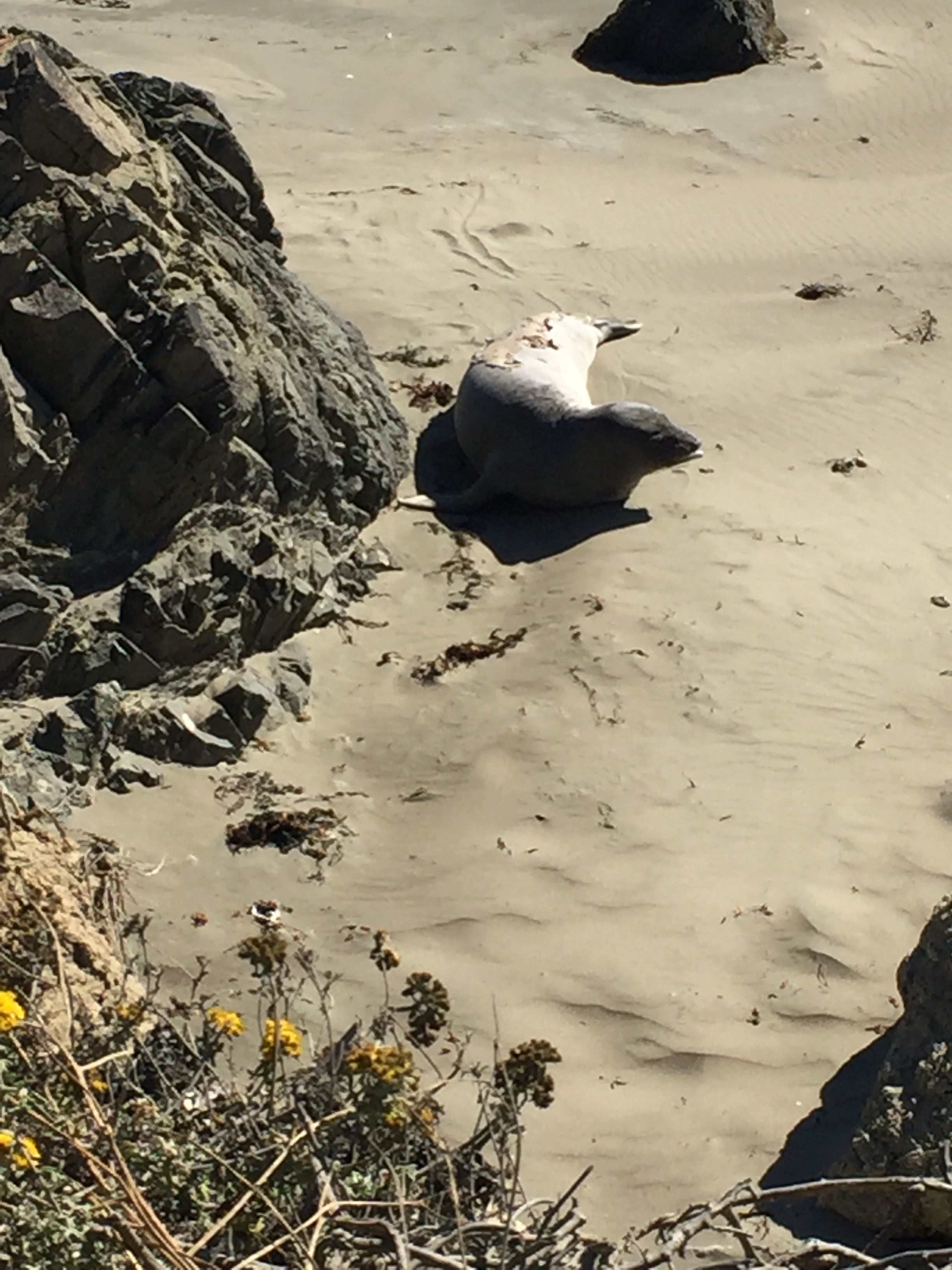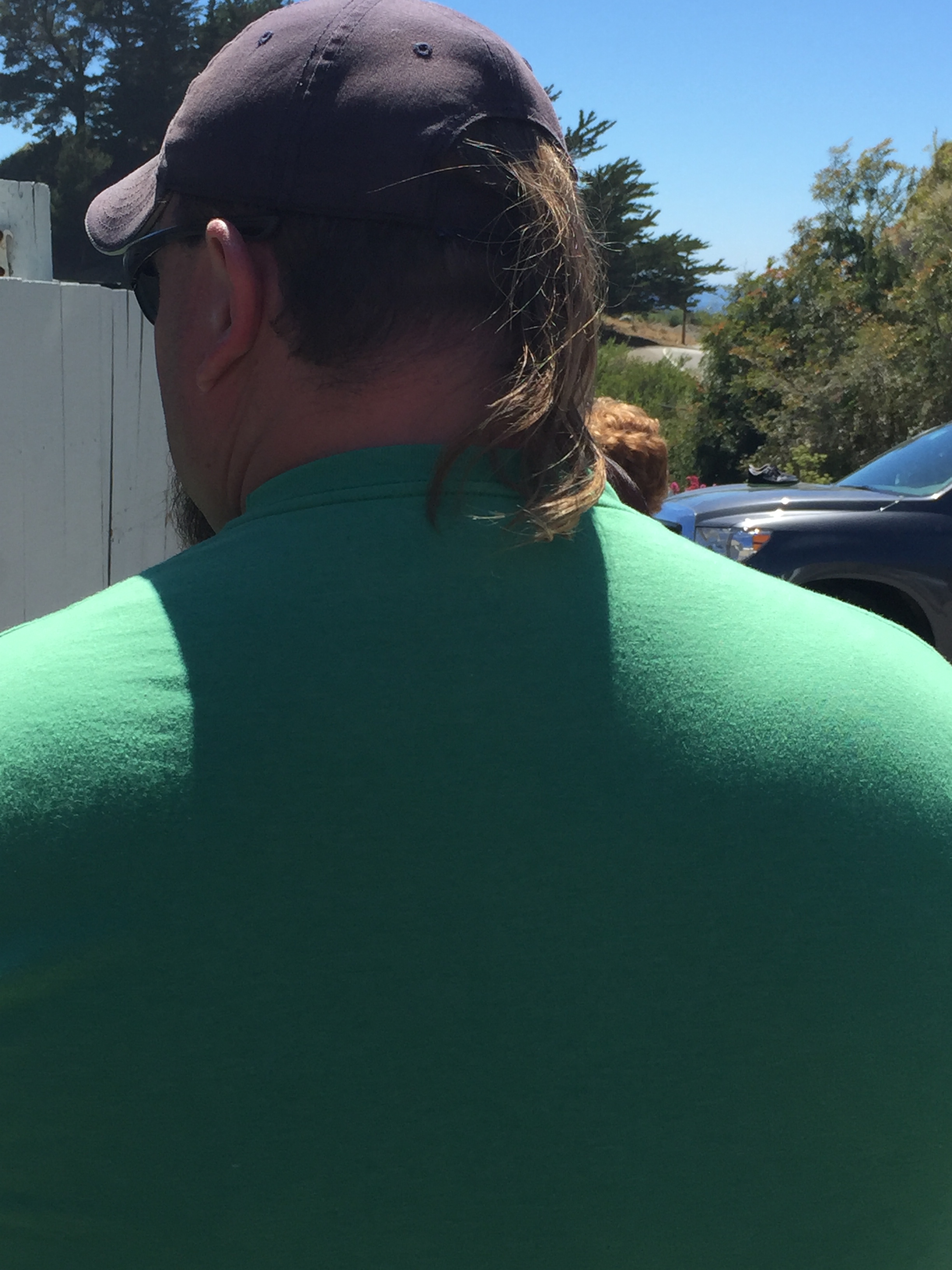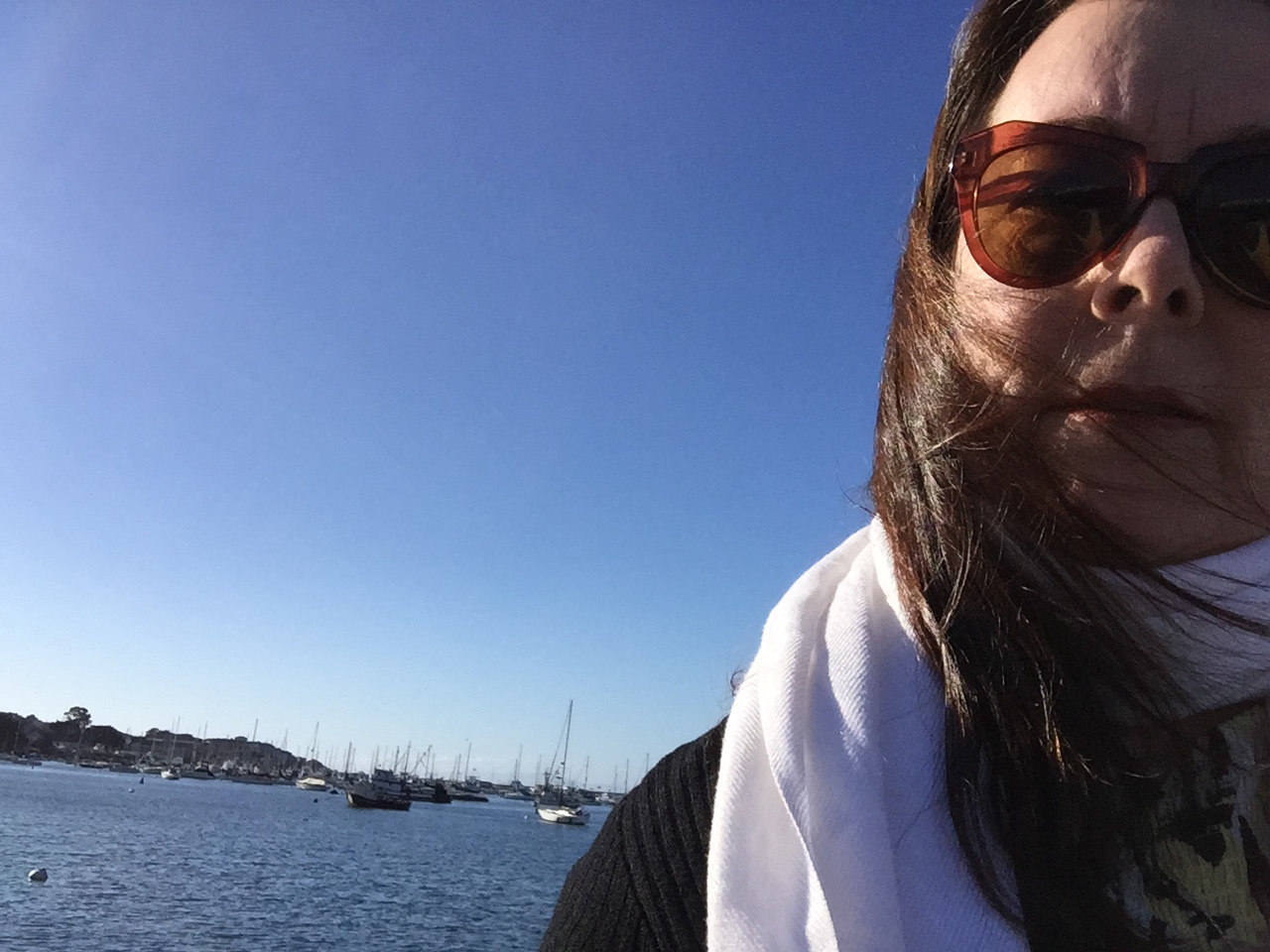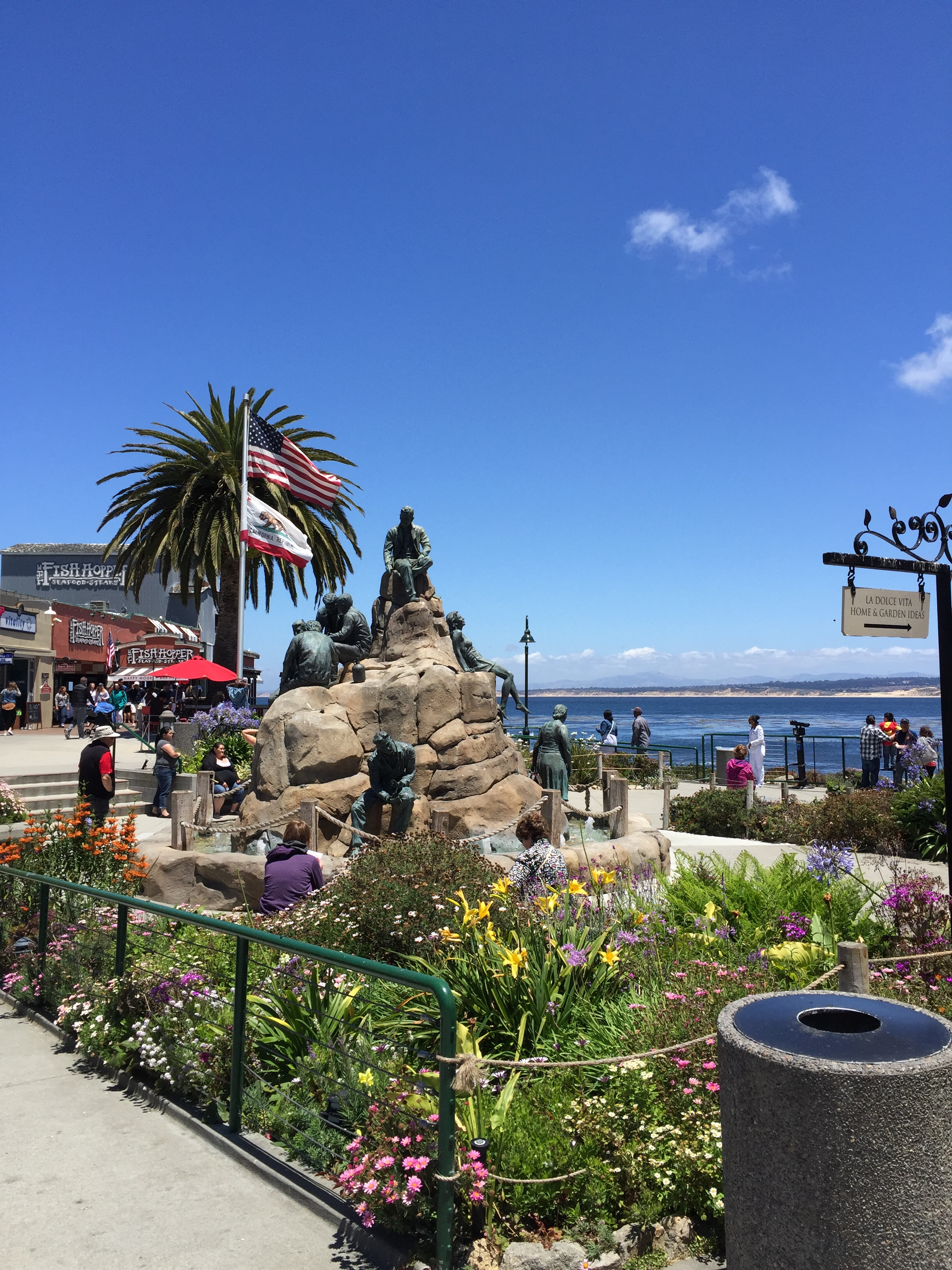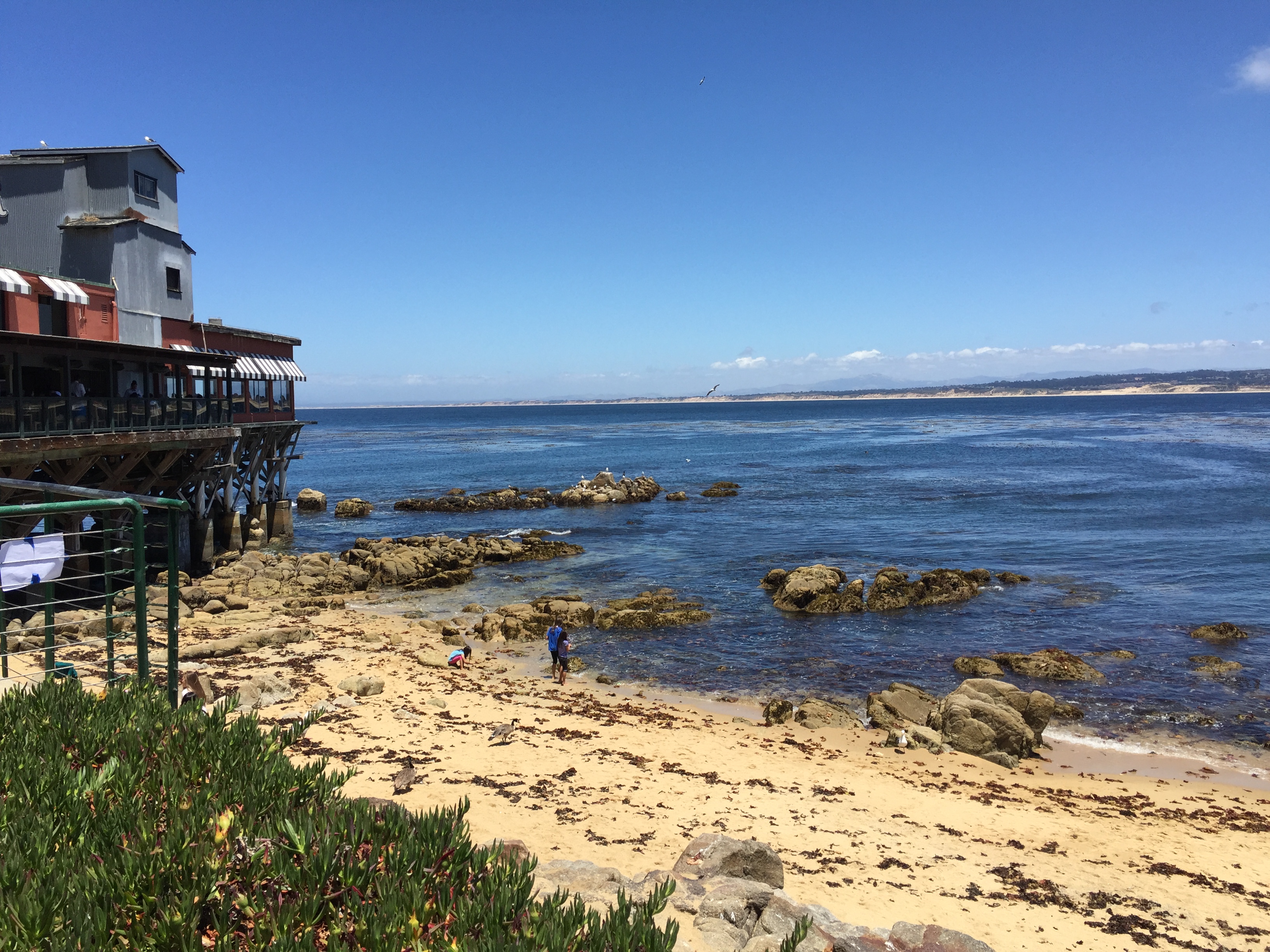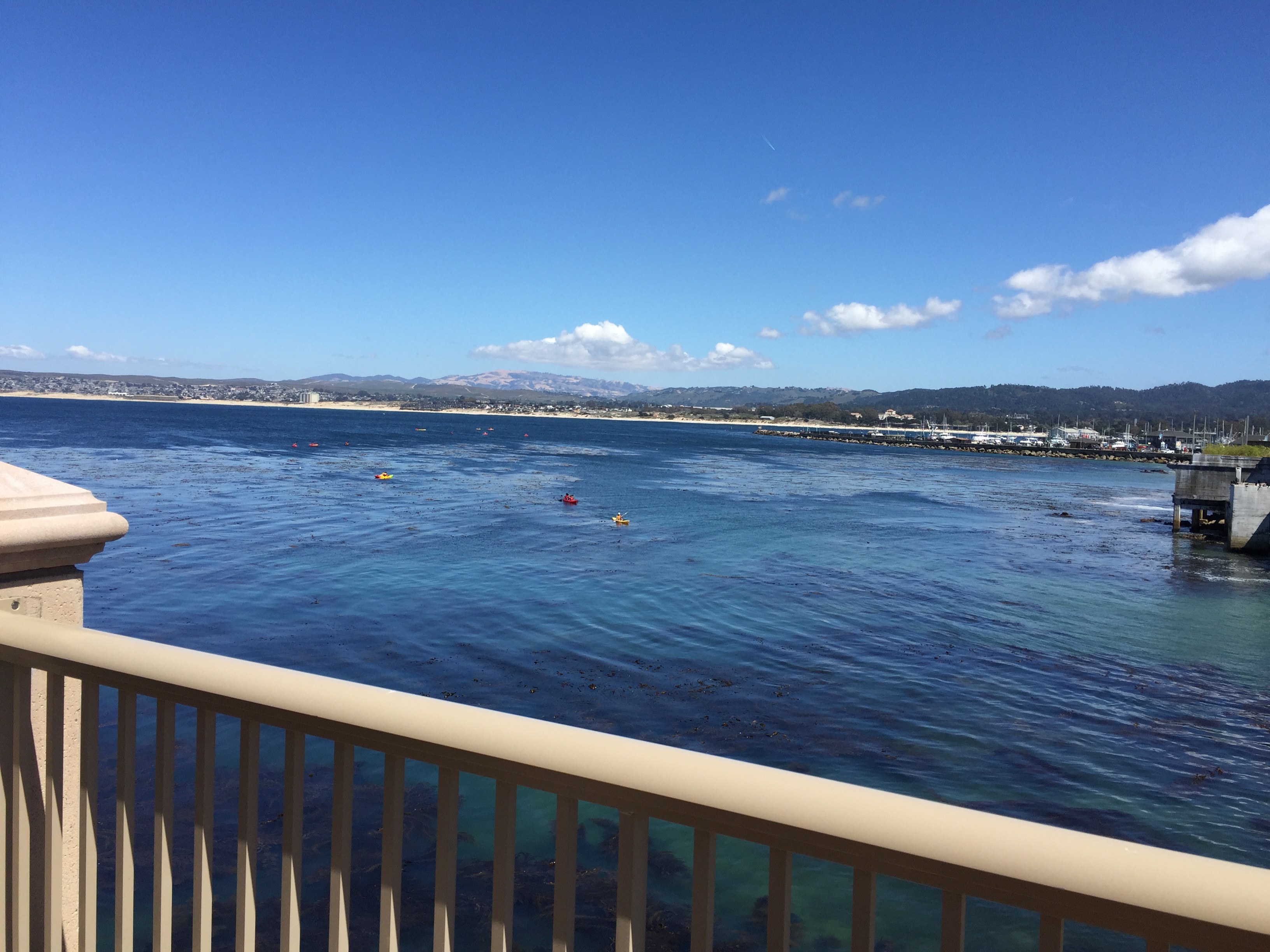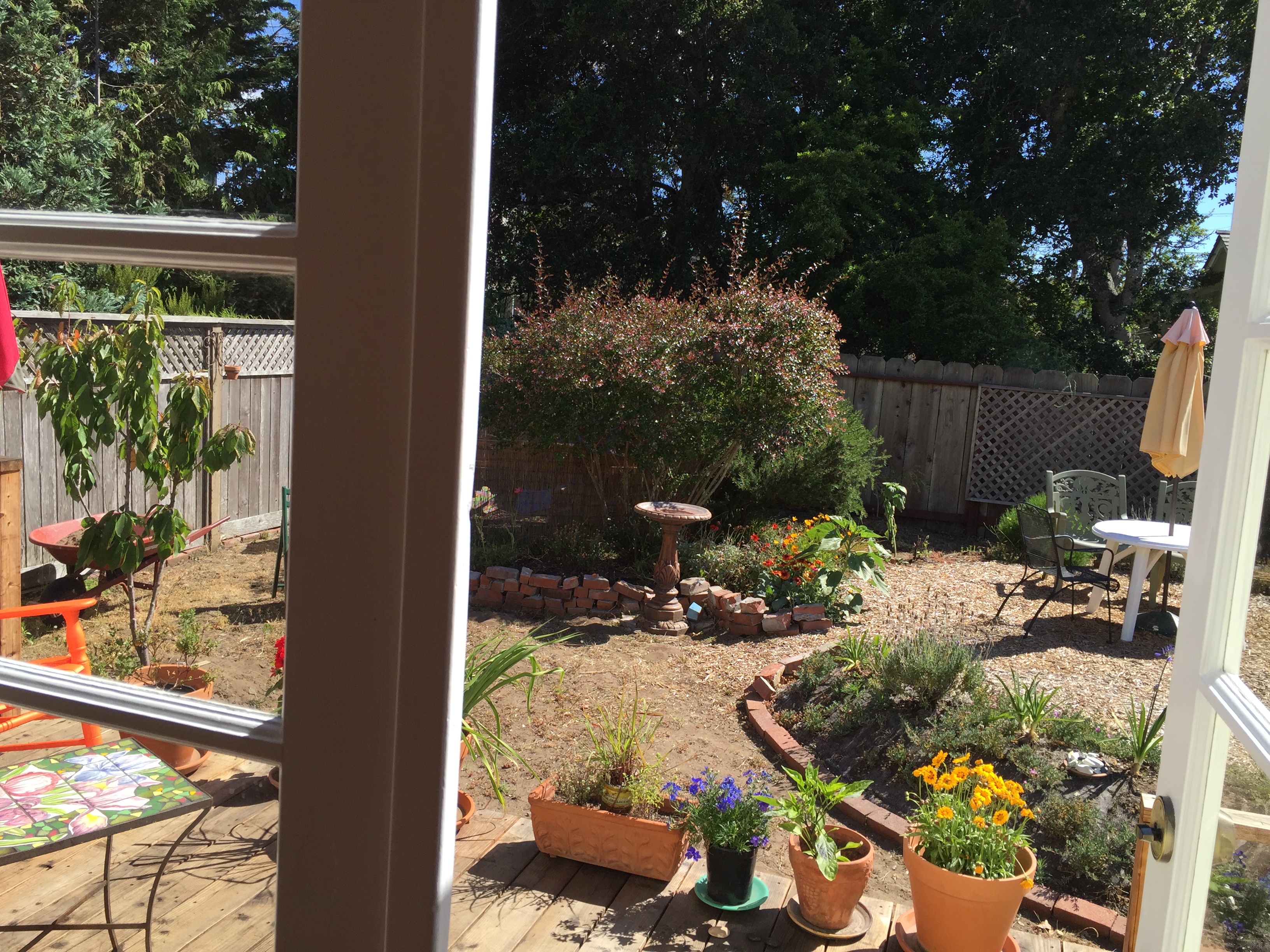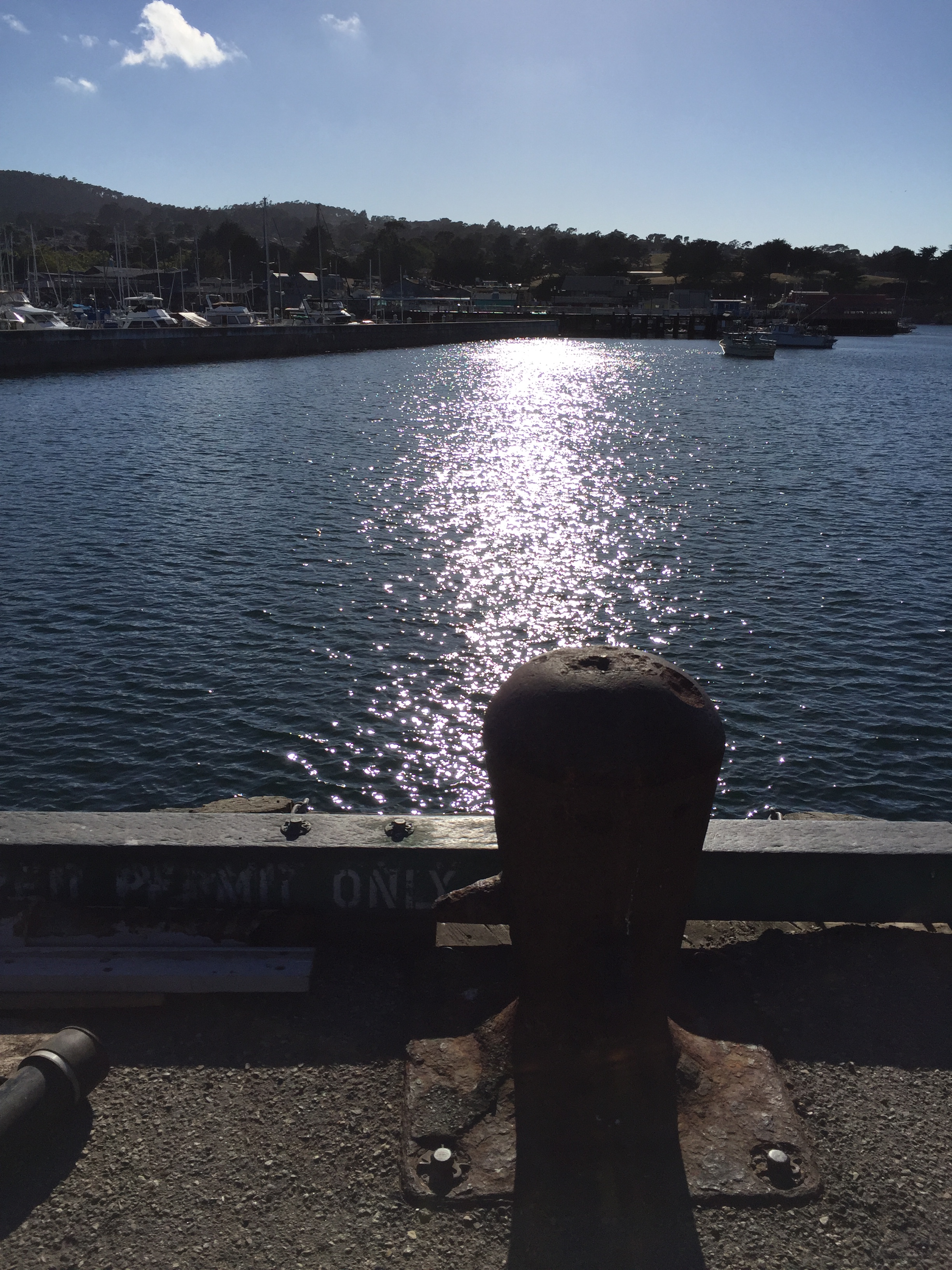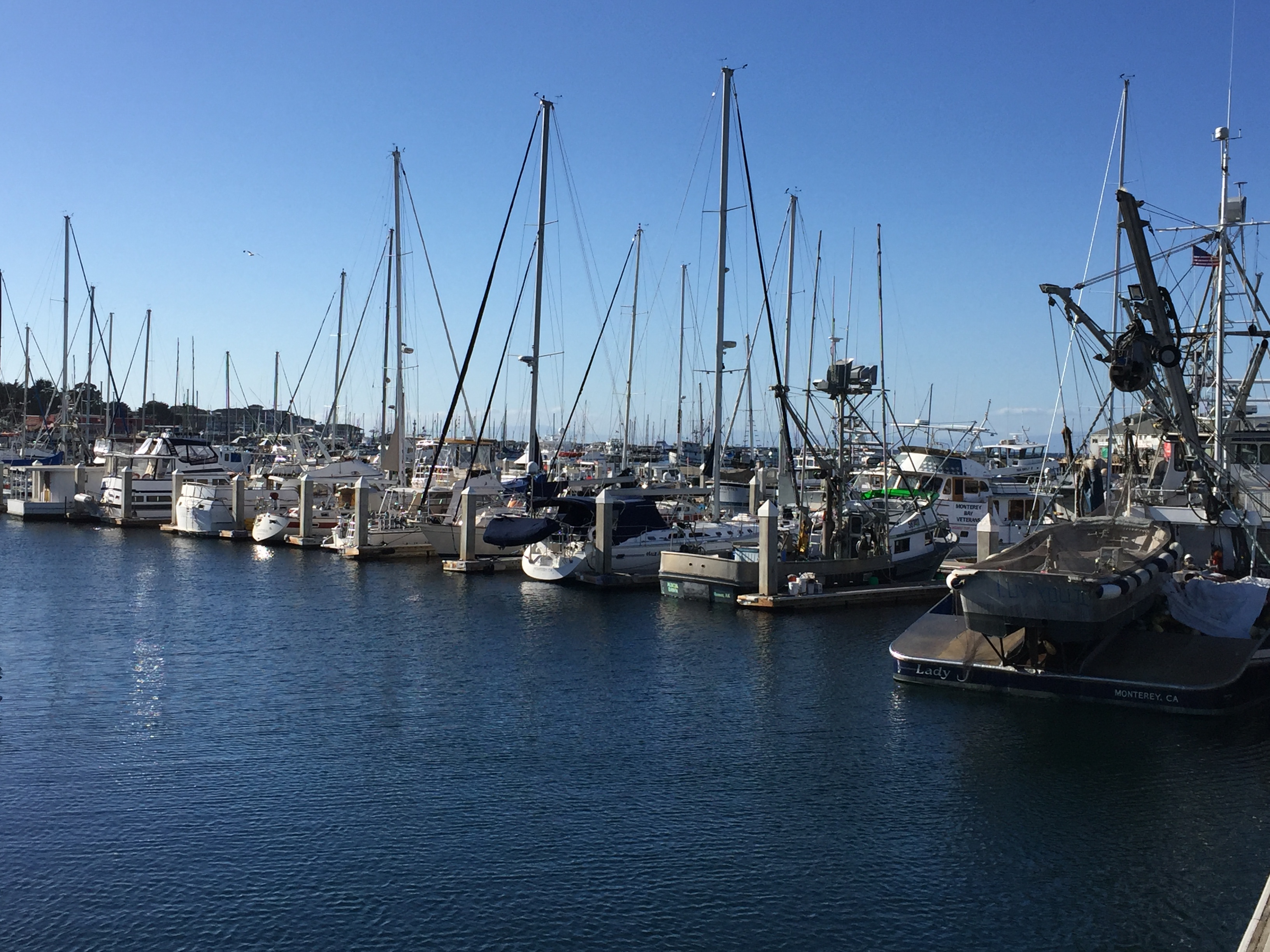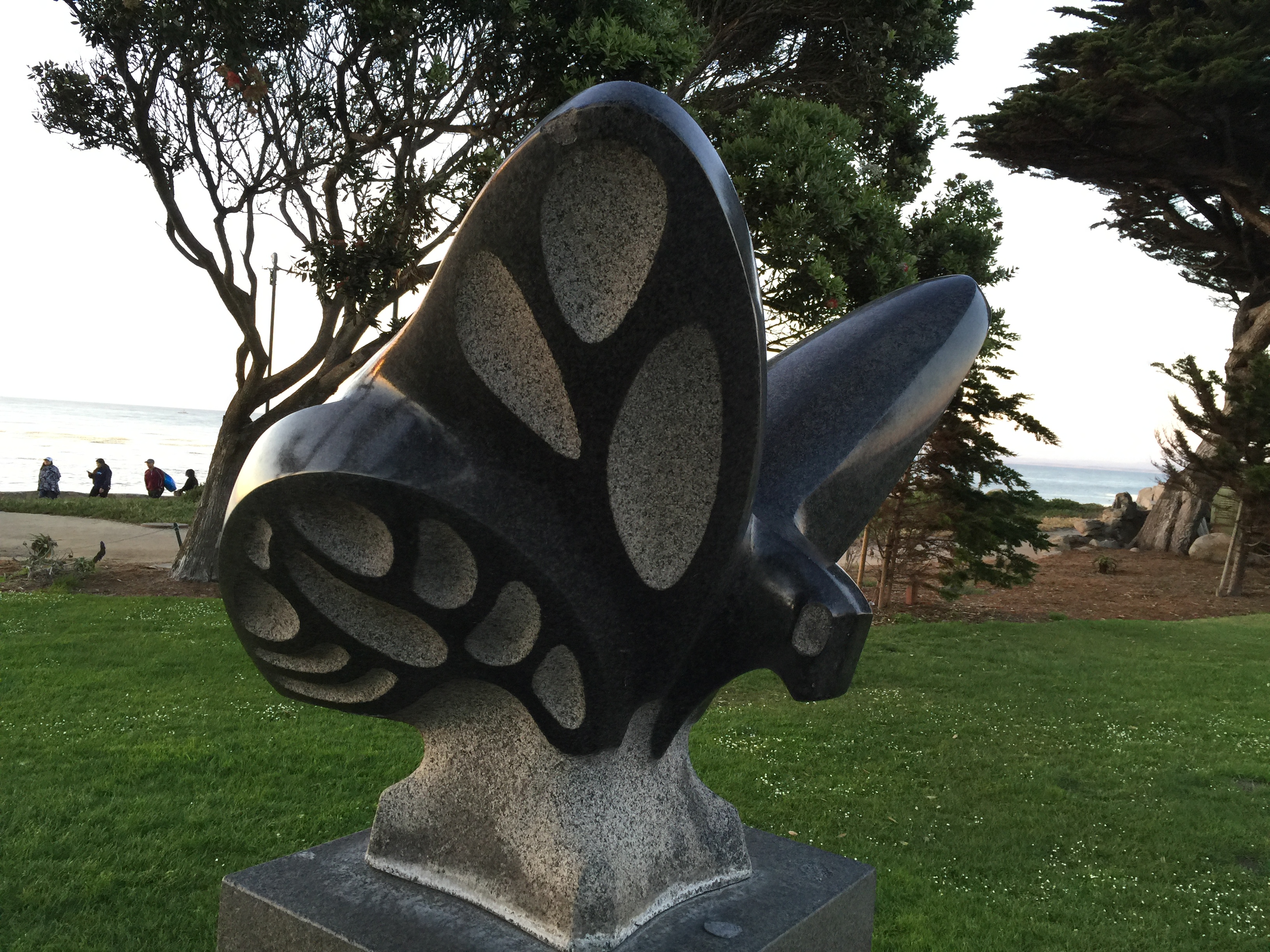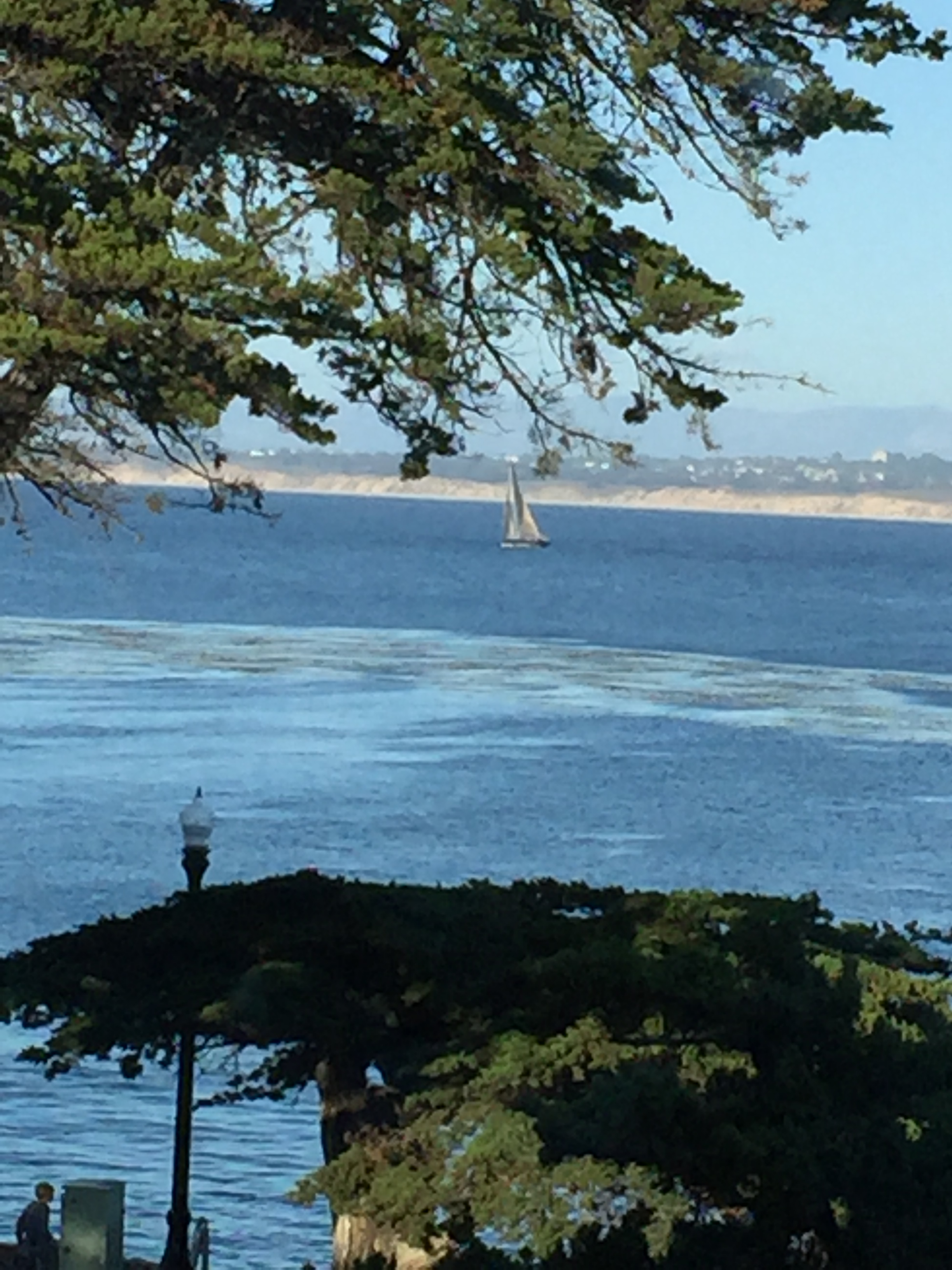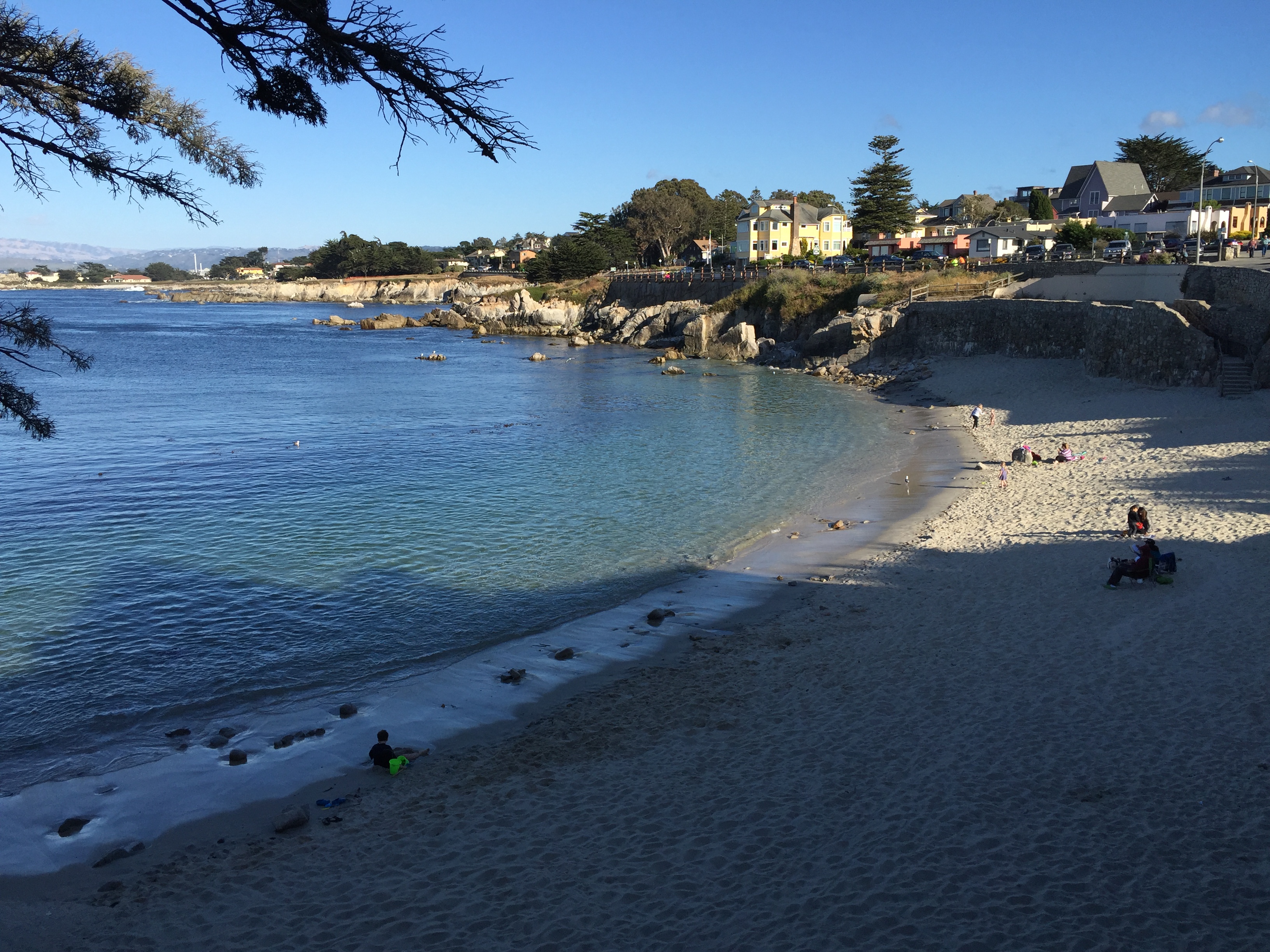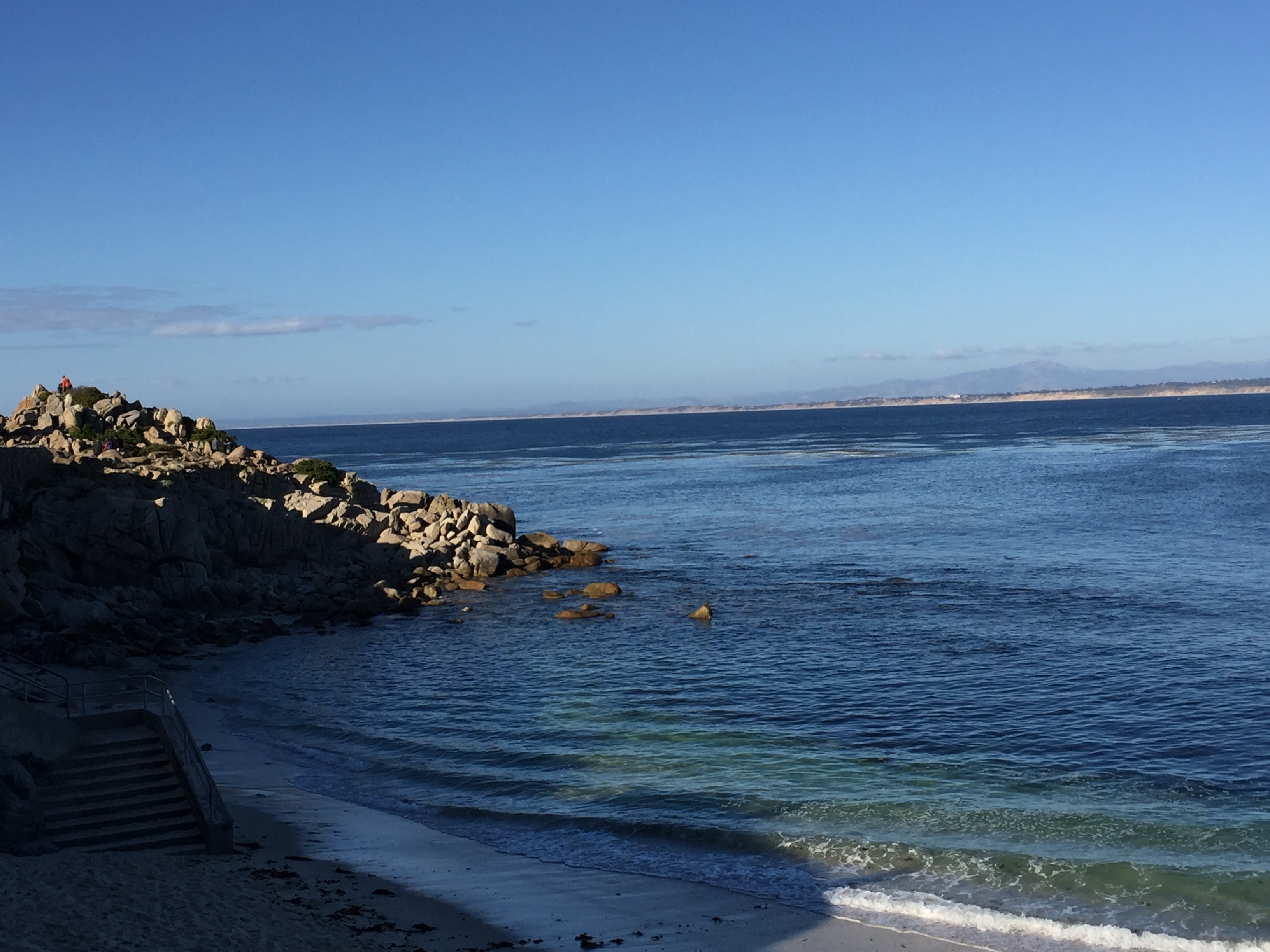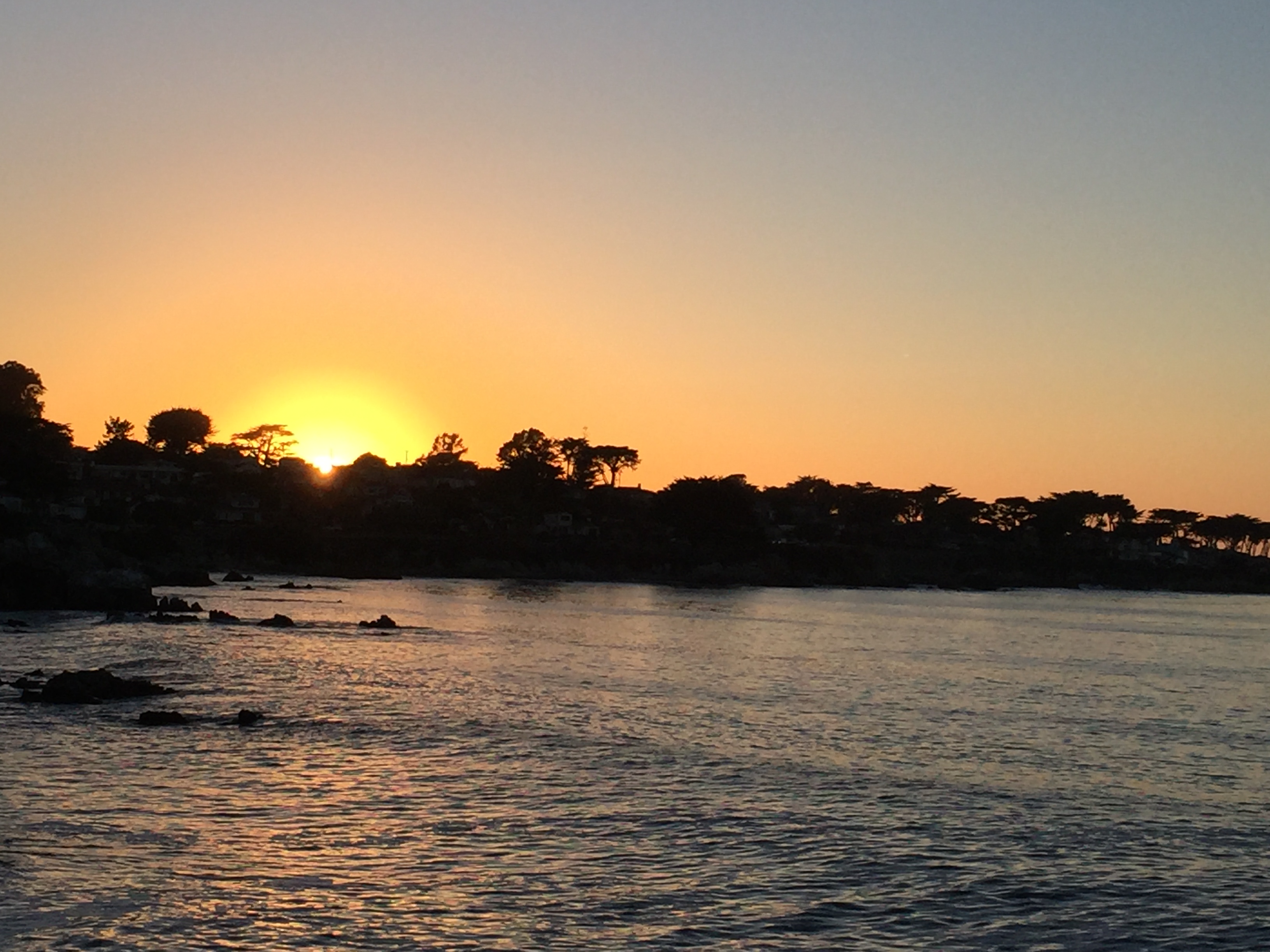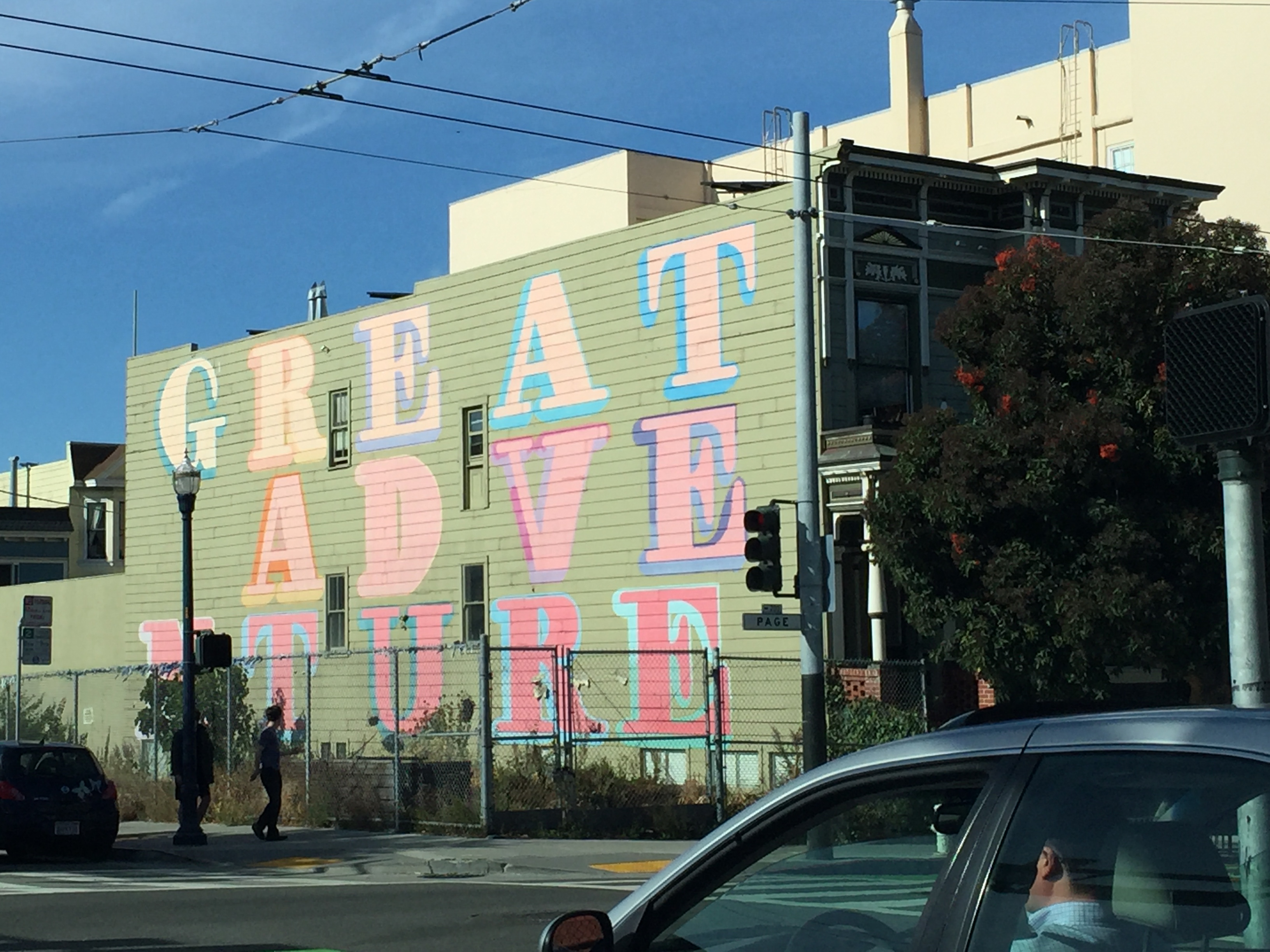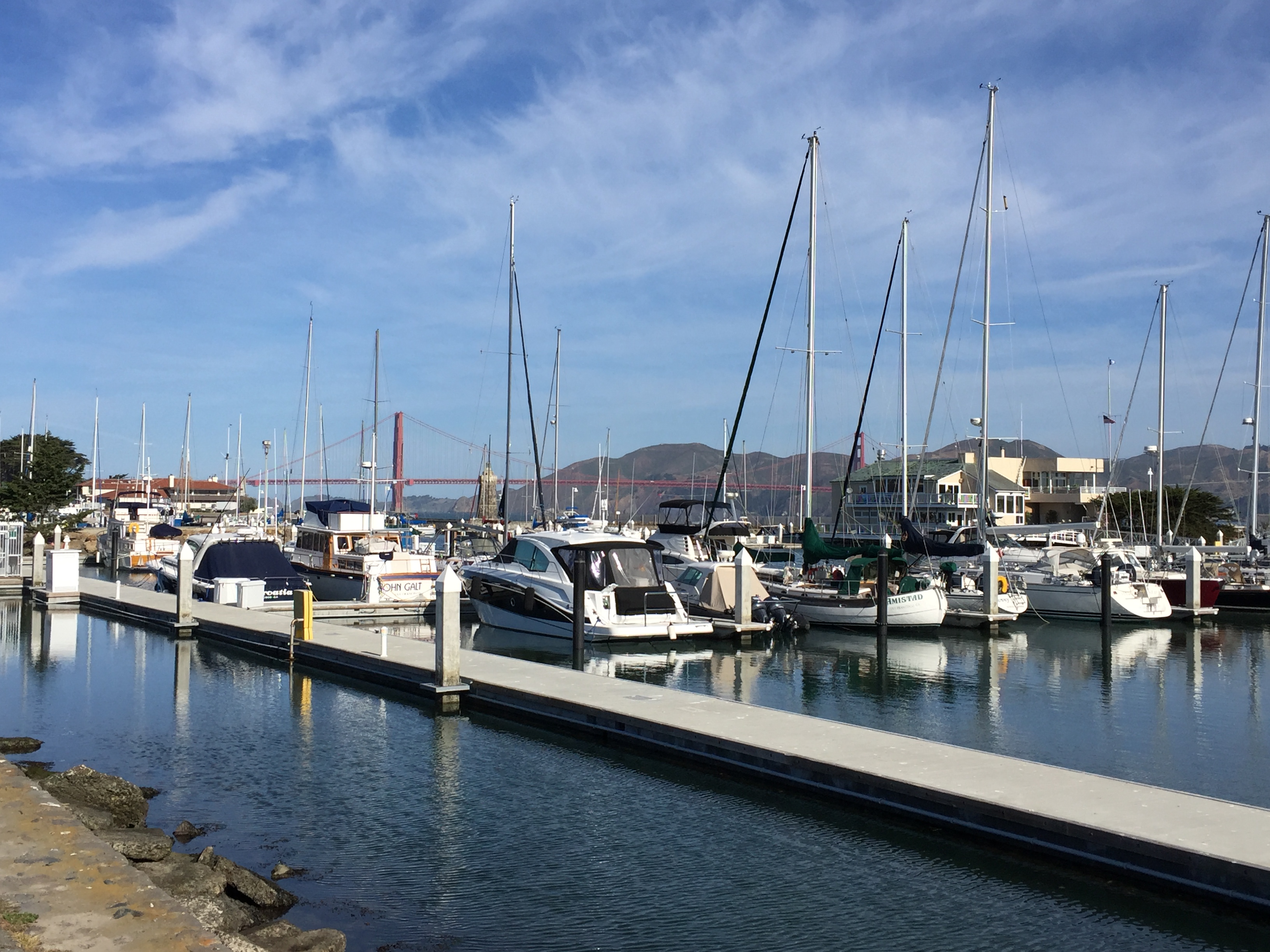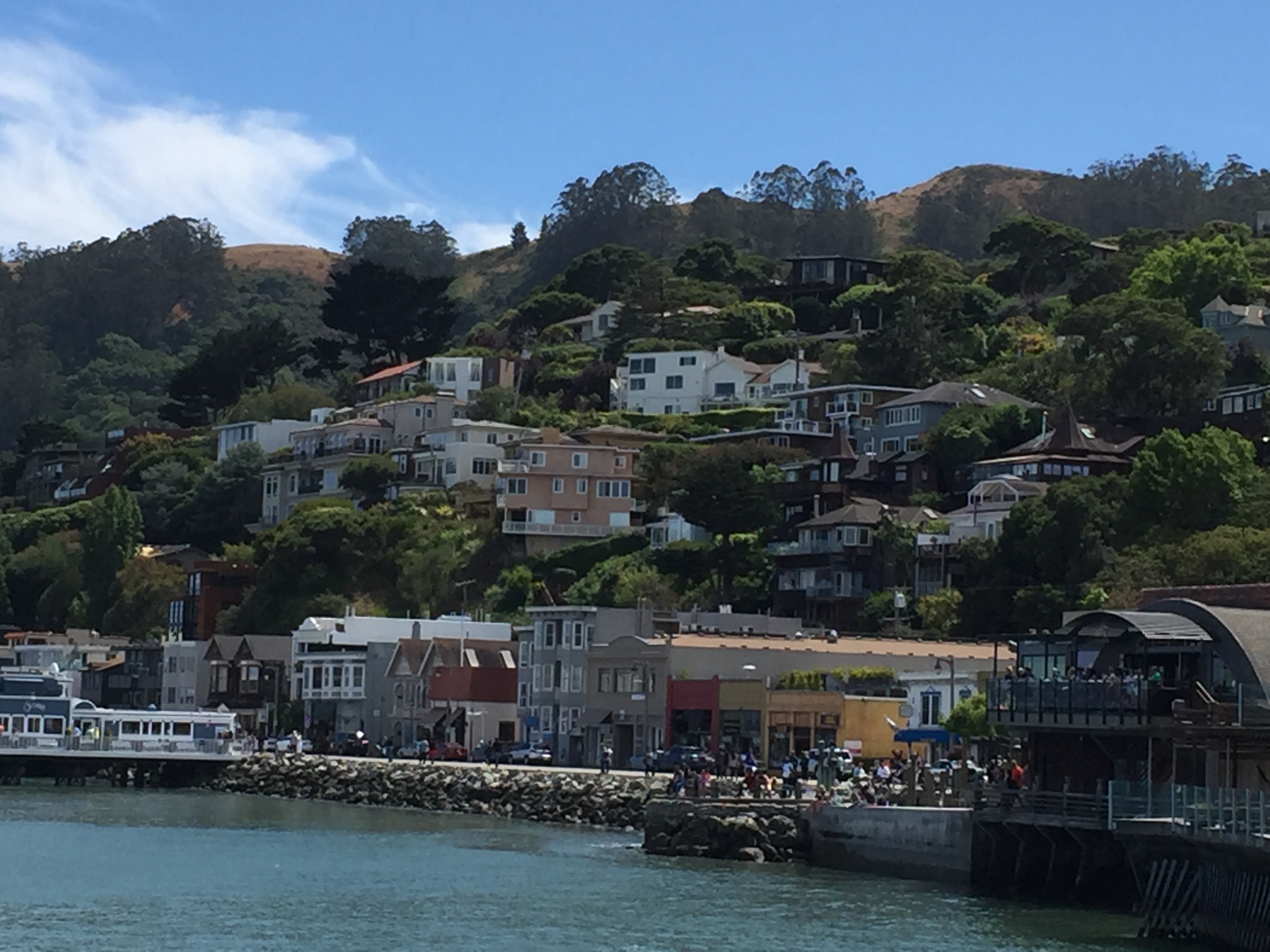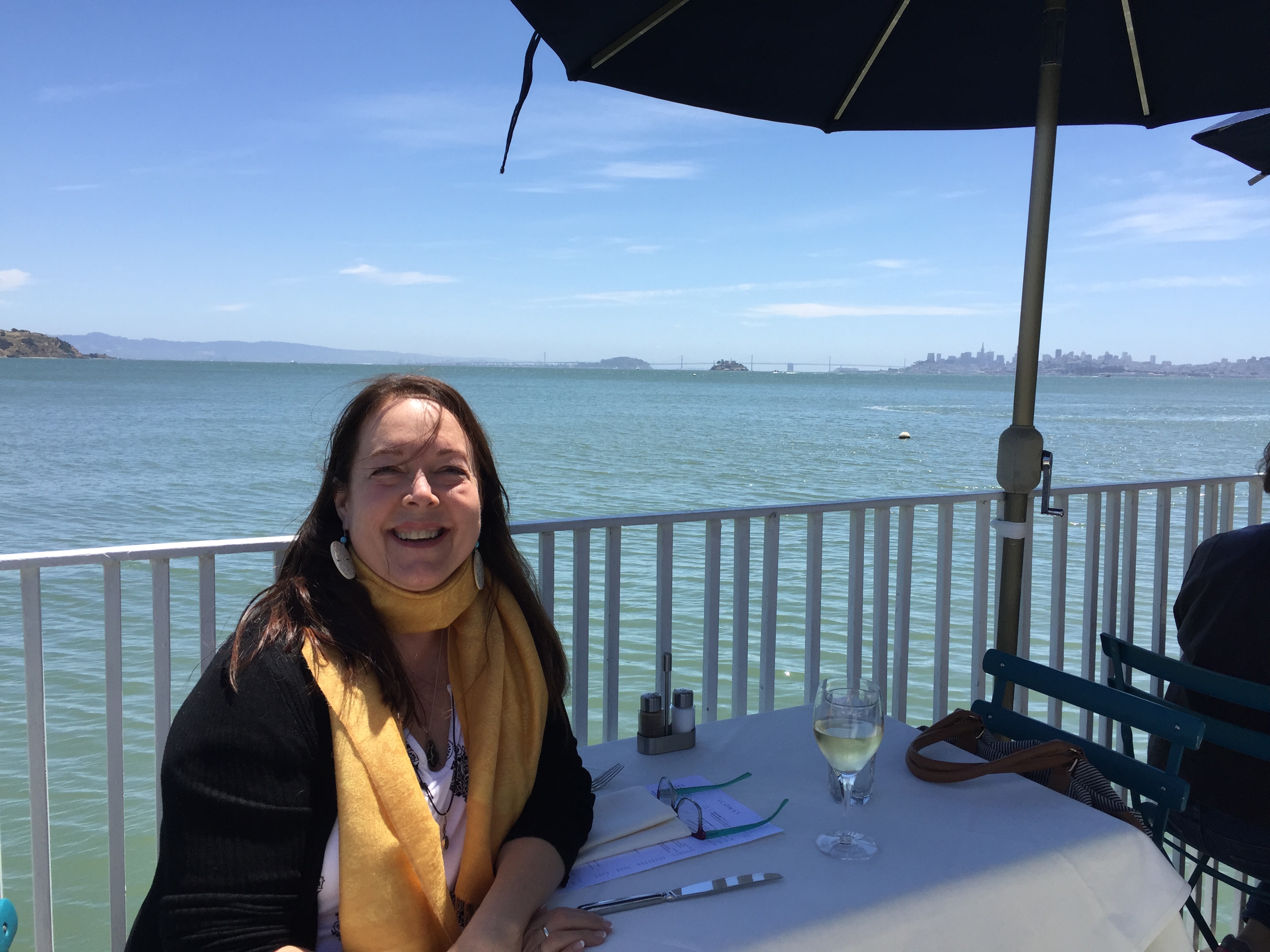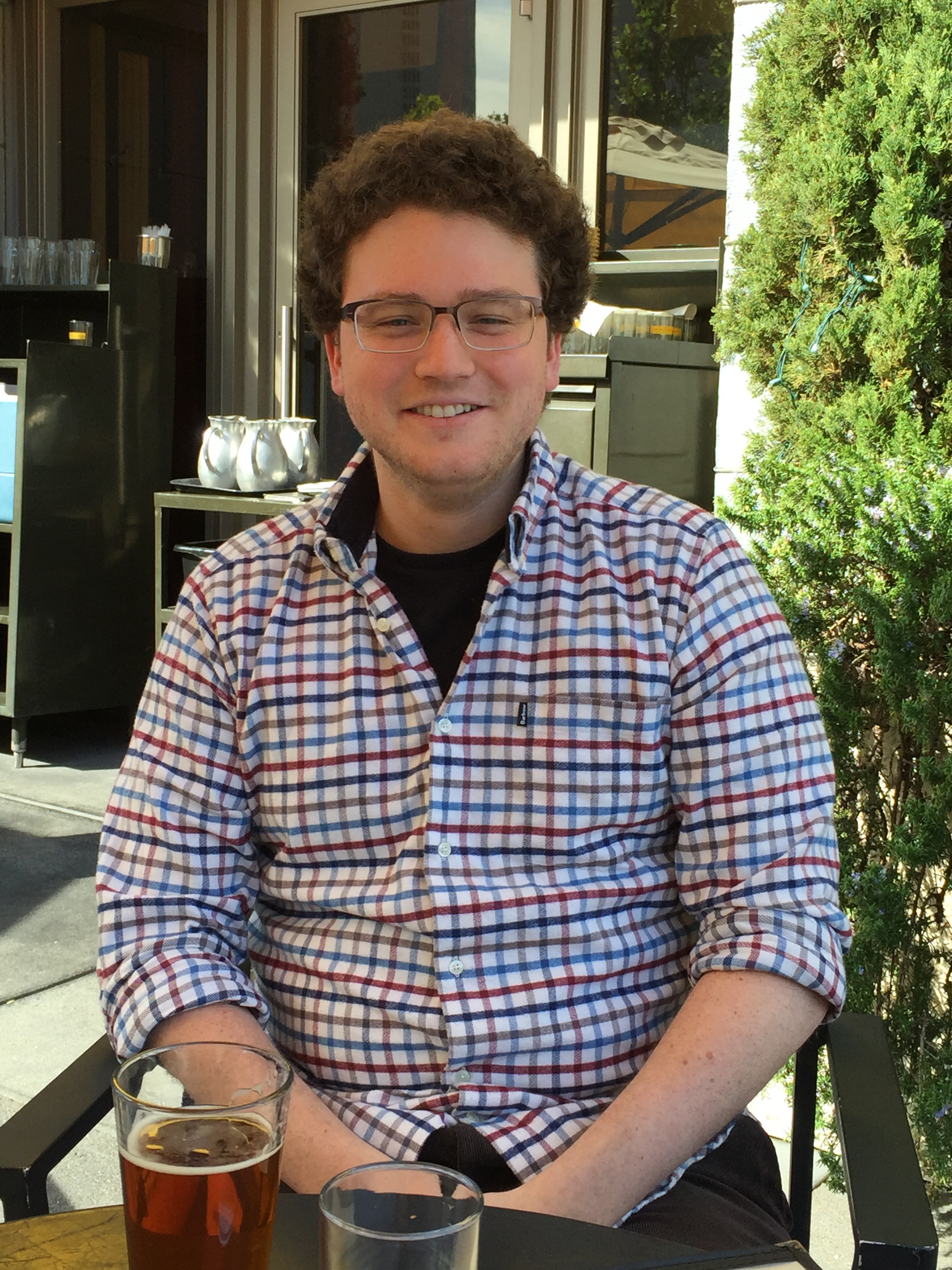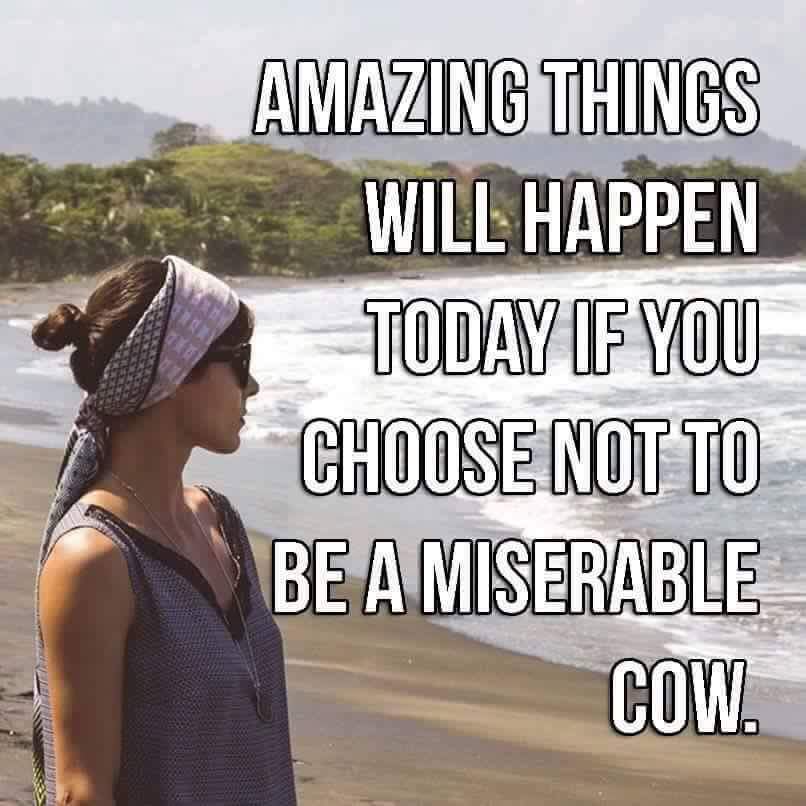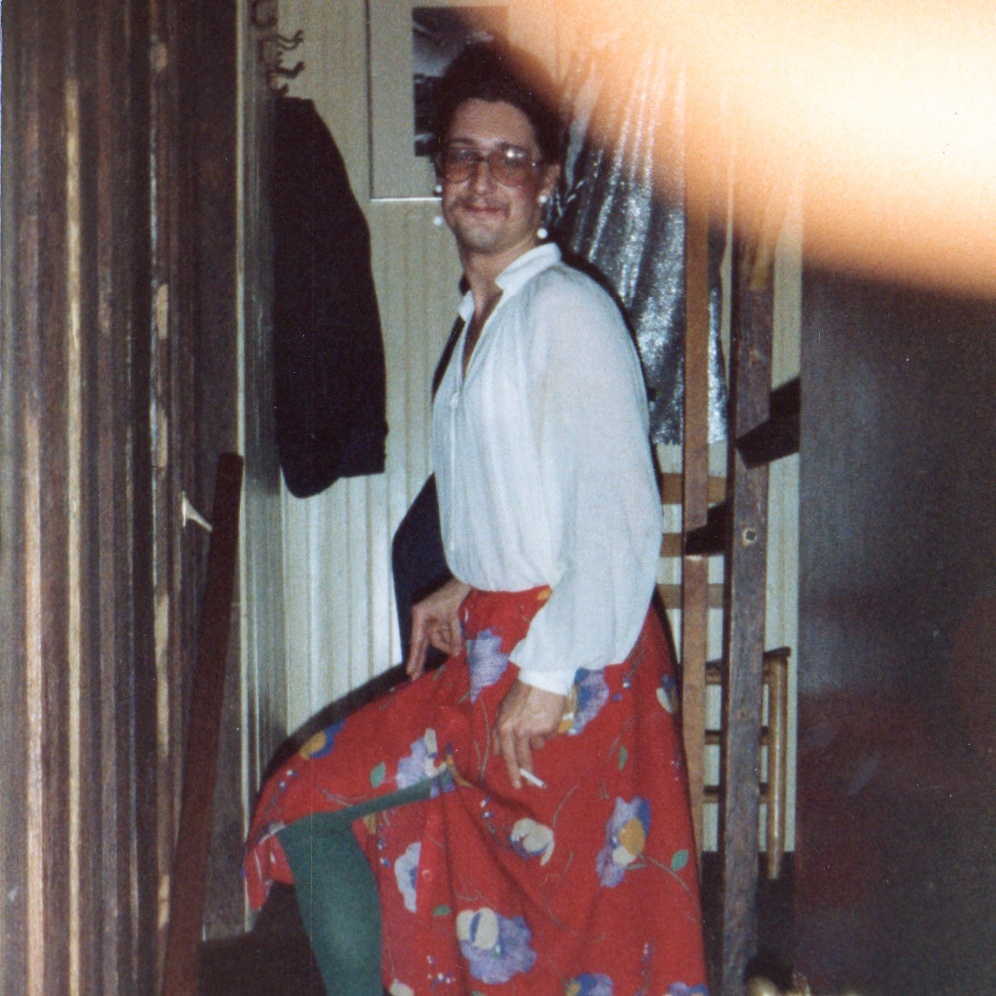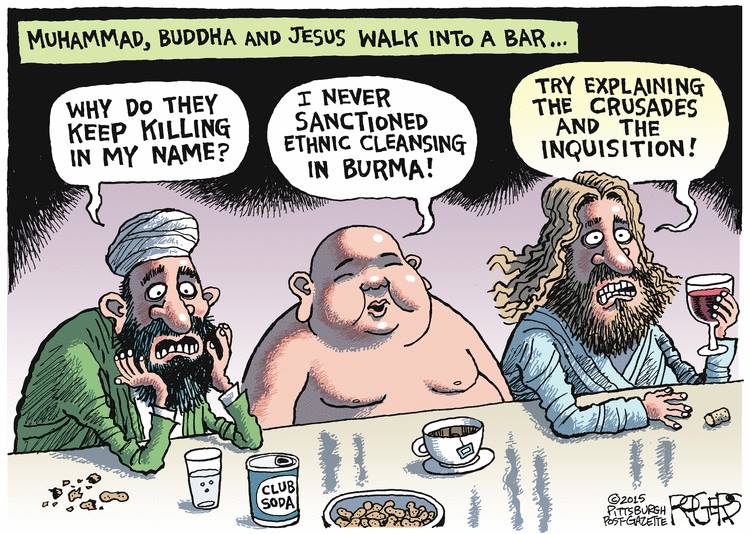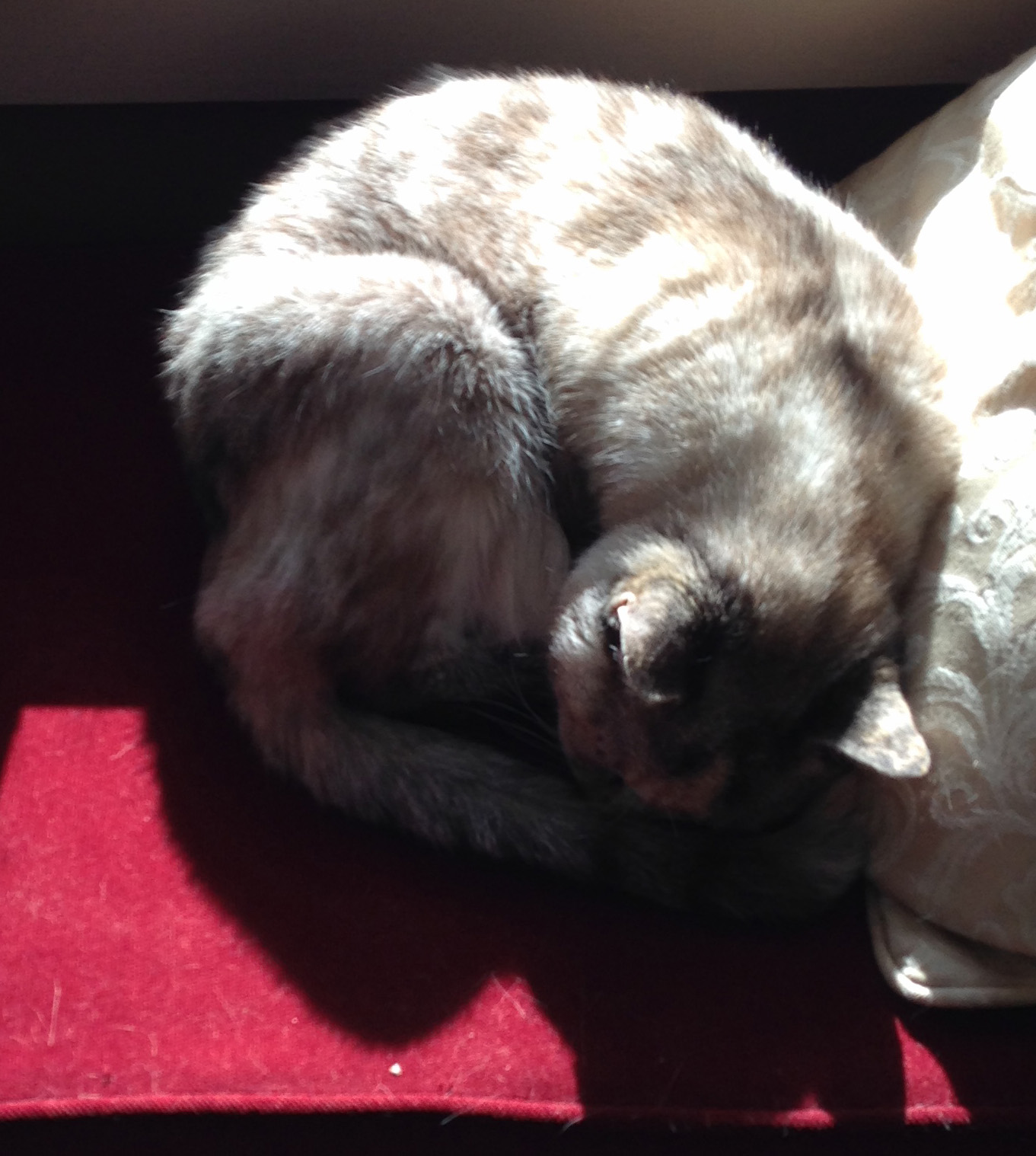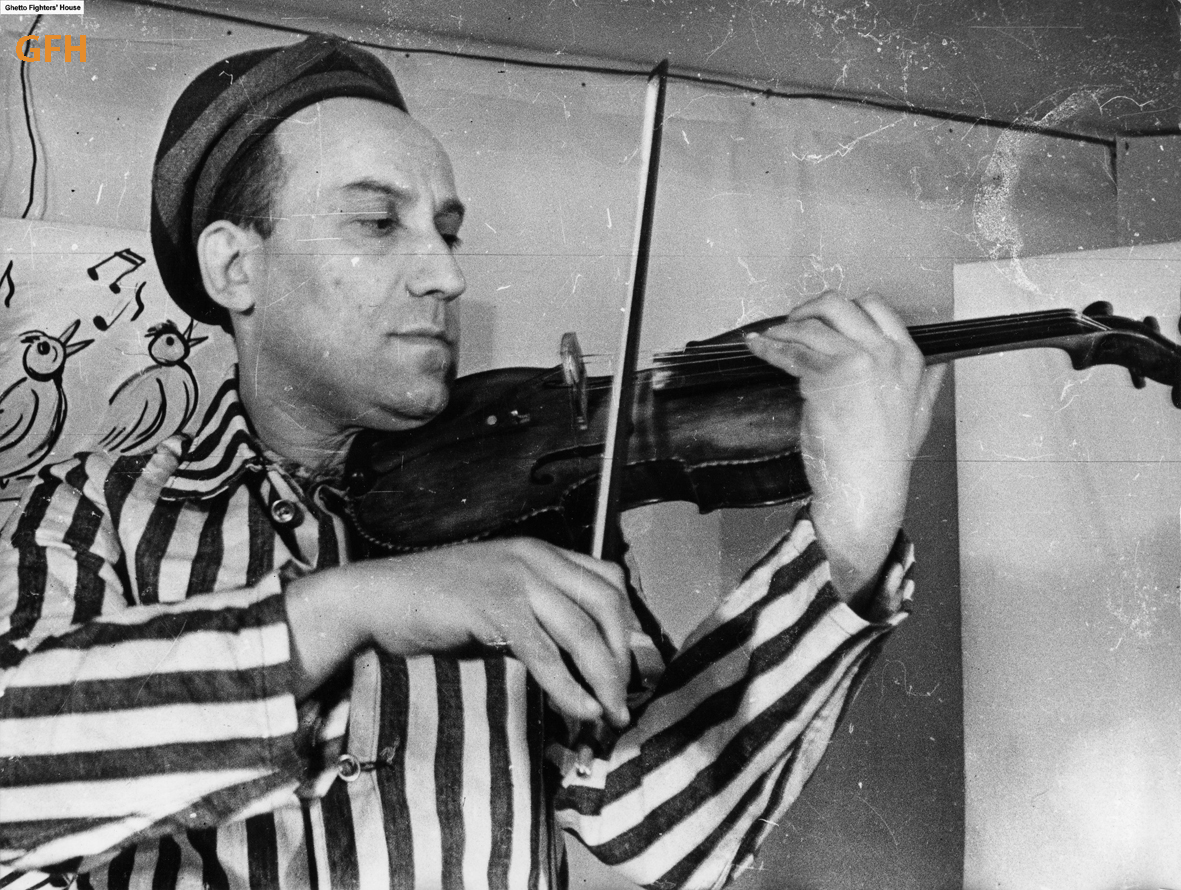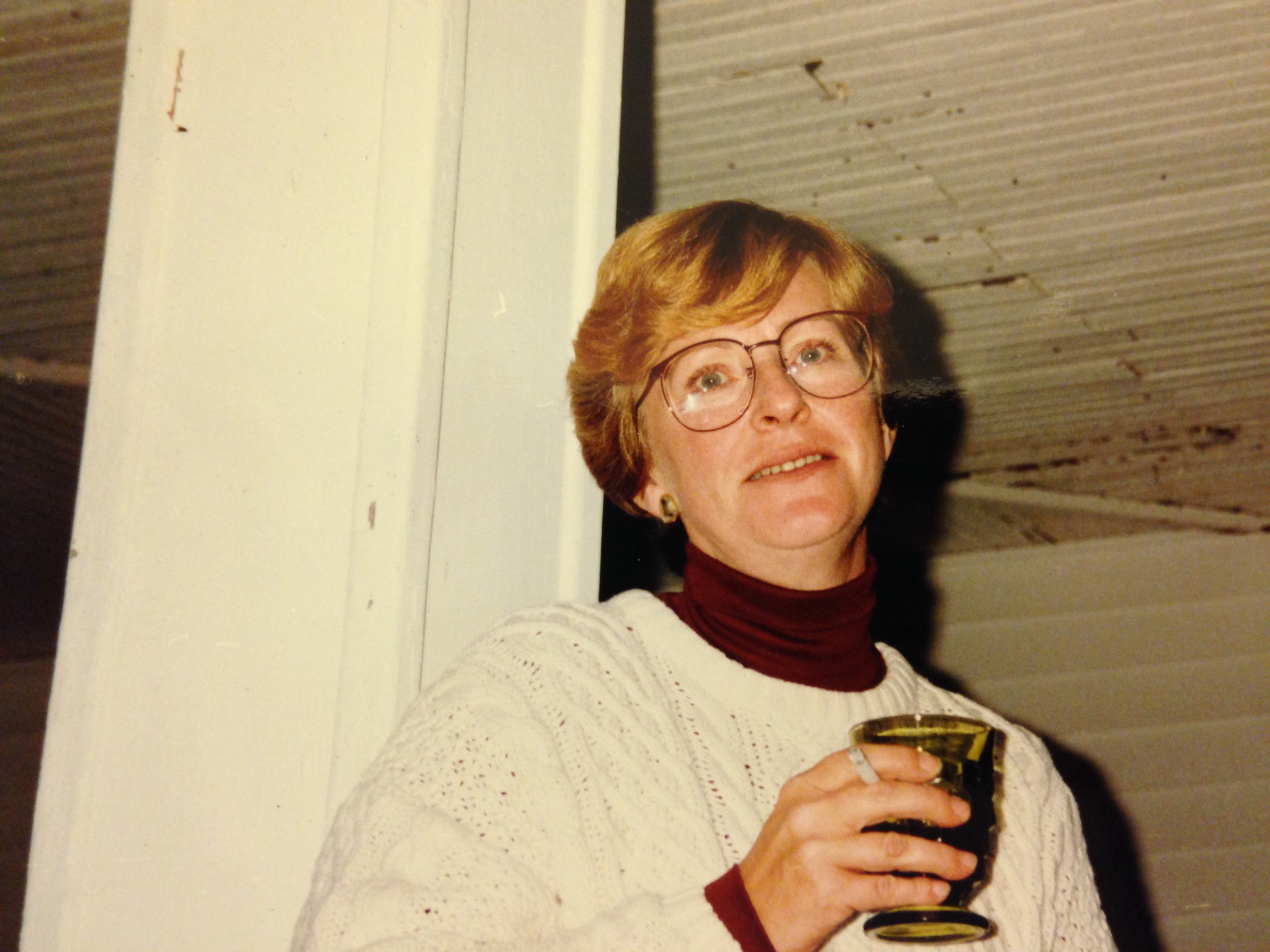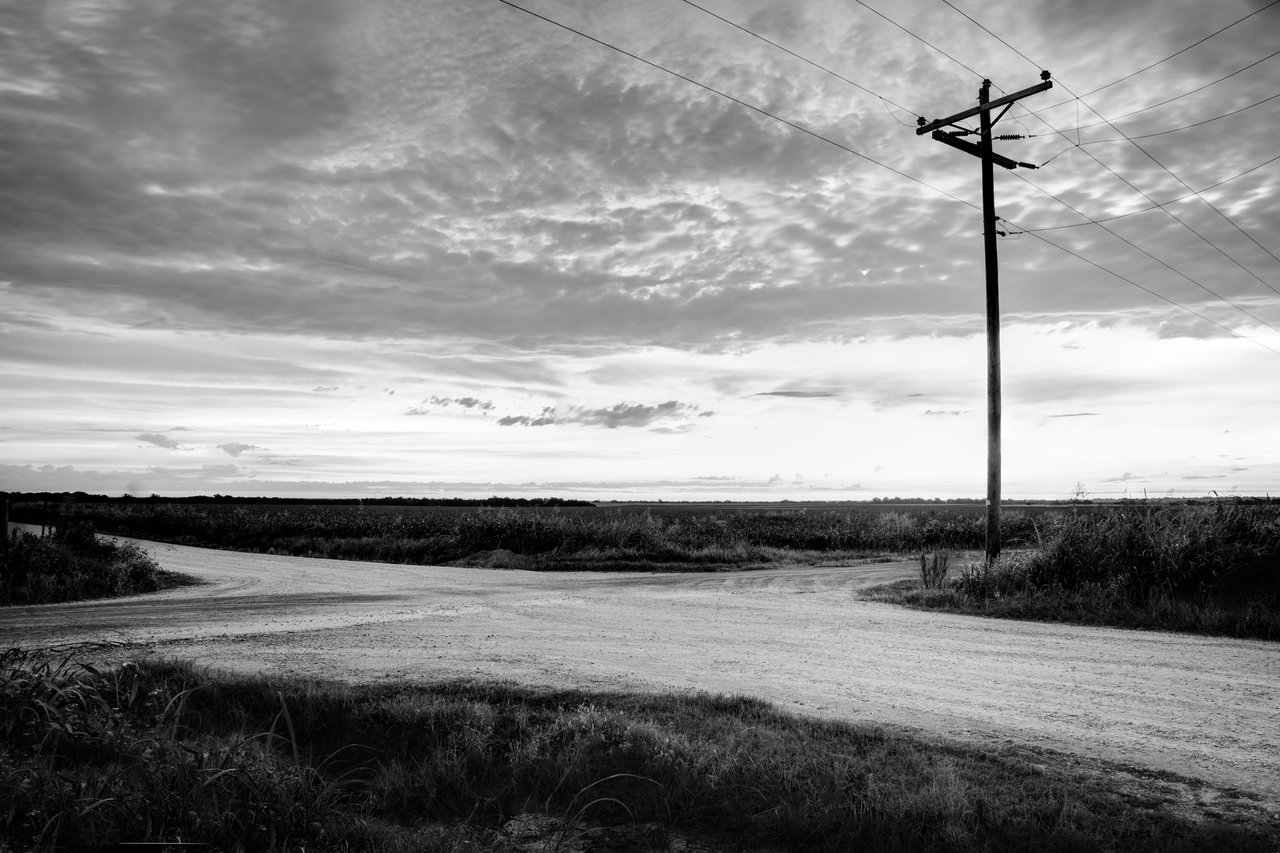Before I left Clementine Cottage in Monterey, I accepted my hosts’ challenge to use the little manual Royal typewriter in the room to produce a story. Using the characters, Oob and Oona, from the delightful storybook written by my hosts for their guests, I wrote “page 134 of Oona’s memoir.” Using the manual typewriter was like giving my fingers an advanced calisthenics class but it was fun to participate in a quirky Clementine Cottage tradition.
After coffee and a breakfast burrito as large as my head, enjoyed at a coffee shop in Carmel-by-the-Sea, I wended my way to the Point Lobos State Natural Reserve. Glory be!
I live in a part of the world with amazing green space—state parks, walkways, rail trails, mountains, streams, the Hudson River, vistas, valleys. And it is beautiful. But it’s my “usual” beautiful, the beautiful I must remind myself to appreciate at times when life gets heavy. “Look around you, Vanessa, and be grateful.” And I am.
But as a north-easterner walking the sandy trails of (for example) Point Lobos for the first time, coming upon cliffs overlooking a boiling whirlpool churning with white foam, with deep turquoise water stretching out to the horizon, rocks cropping up in picturesque spots to create more of white water so flawlessly juxtaposed against the vivid blue… well let’s just say my heart beat faster. I realized I was holding my breath. My fingertips tingled a bit. I walked a trail that circled a large point of land. The paths skirted the very edge of drop-aways (there were little rope “barriers” to alert hikers to be mindful). The sound of barking seals and breaking waves washed over me on ocean gusts that blew my hat off my head.
In another part of the park I tiptoed across worn stone expanses and pebble beaches to peer into tide pools and watch microcosmic galaxies of life busily conduct business a mere quarter mile from where whales might at any moment show up as they passed through. (I never saw them.) The Point Lobos adventure occupied me for most of the morning, but I realized I had several hours to drive before arriving in Los Osos where I would stay for the night.
Along the way I explored Palo Colorado Canyon Road that wends up a dark crevice in the towering hillsides along Route 1. Shaded by massive redwoods, the road is dappled with green light and to each side ancient wooden homes on stilts teeter, with long stairways and bridges giving access to inhabitants who live in this hidden spot just a stone’s throw from the Pacific coastline.
I stopped for lunch at the Rocky Point Restaurant to enjoy a meal and a view—it never gets old. Then I embarked on my journey south on Route 1/Pacific Coast Highway also known as Cabrillo Highway (which is what my GPS insisted on calling it).
Heading south I was on the ocean side of the highway—the proper side for mentally reenacting every Hollywood movie scene where someone speeds along the hairpin turns with tires spitting gravel to the crashing surf below. Needless to say, I drove very slowly and deliberately (everyone did), and rather than rubbernecking and putting my life in danger, I merely stopped at every single solitary turn-off along the way to gawk, snap pix, and realize my ETA would have to be adjusted. Again. And FYI—there are a lot of turn-offs.
I kept thinking, “Maybe I’ll get inured to all this glory and not have to stop so much.” Nope.
Wildflowers. Not like the wildflowers in New England or the Hudson Valley. These were rugged flowers that survive the vicissitudes of even the current California drought. Bright cheerful things that wave and bob in the constant off-shore winds.
Drop-aways, crevices, outcroppings. If a landscape can be a drama-queen, this one is. I mean that in a very admiring way. The landscape sang opera, not folk music. It was Matisse, not Rembrandt. Isadora Duncan, not Margot Fonteyn.
It dawned on me at one point that not having a full tank of gas could end up being a problem. As could the need for a restroom. Places to stop were few and far between. And when I did stop a bag of chips cost 5 bucks and gas was almost $6.00. Seller’s market for sure.
I stopped off at Big Sur. Though I did not have time to enter the Pfeiffer State Park and hike as I would have liked, I left my car in the lodge parking lot and strolled into the woods nearby. The redwoods (the “small” species that “only” gets to 250 or 300 feet tall) had a delicious smell, completely different from any woods smell I know. The air was cooled by eternal shade and I quickly came upon a brook like many I’ve walked beside in New York, Vermont, Pennsylvania and other states in my part of the world. Again I was struck by the way this hidden world of old wood, nesting birds, trickling streams existed mere moments from the blue glory of the Pacific.
My journey ended that day—Thursday (a mere four days after I landed in California)—with the best part yet. The elephant seals rookery.
There were signs for yet another “vista point” or “turn off” for curious, awe-struck travelers like me to enjoy, but this time the words “elephant seal” definitely indicated I was in for a different kind of view. Coming out of the long and twisting few hundred miles of Route 1 onto something that resembled a “normal” road, I saw a rather large parking lot ahead.
Walking from the lot to the chest-high stone wall that separated it from the beach, I noticed everyone returning to their cars was smiling. Grinning. I pointed myself at an unoccupied section of wall. From a distance the resting bodies of the seals were sandy mounds, like large-scale, beachy moguls. When I got closer and could lean up against the wall, I thought I might want to stay forever, watching these placid sleeping giants. Now and then one of them would flick some sand over herself, or use one flipper to scratch the other, or an itchy spot on her tummy. A few bulls by the water postured with mock aggression (I’m sure the aggression can get quite real when it needs to), the top parts of their bodies raised, heads aloft, waving back and forth together. A few seals moved from one spot to another, in the ungainly way that sea mammals operate on land. They looked like amateur break dancers doing the “Worm,” with their flubbery body mass shifting in undulating rhythm.
It was impossible to watch them without smiling. These animals are endangered, and their habitats threatened. Another of Earth’s beloved creatures disregarded by human “progress.”
A tiring day, long and full of twists and turns (the literal kind), some over-the-top visual dazzle (except for the guy with the mullet standing in line for the rest room at one point), and a few more (like 200) photos for the album.
